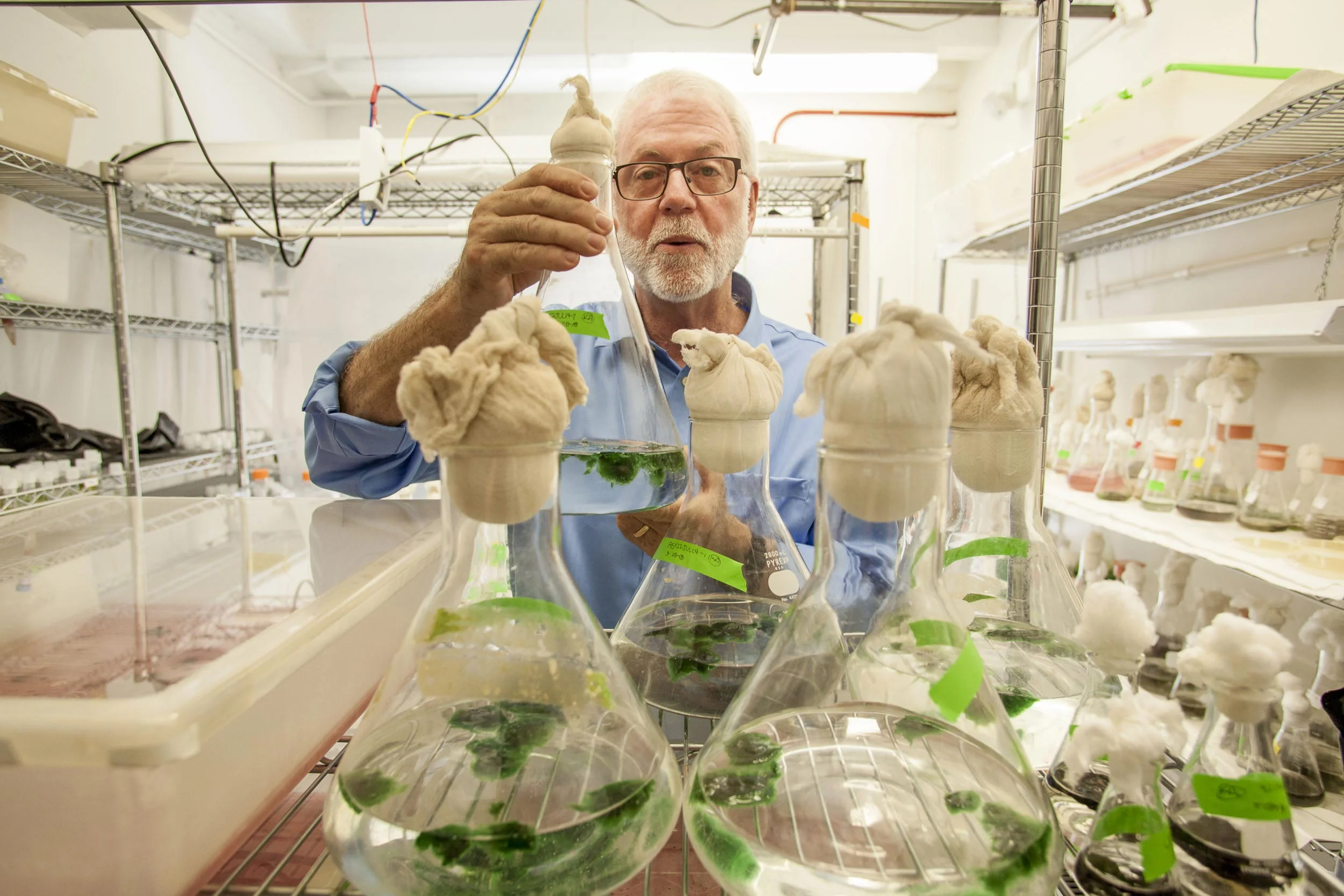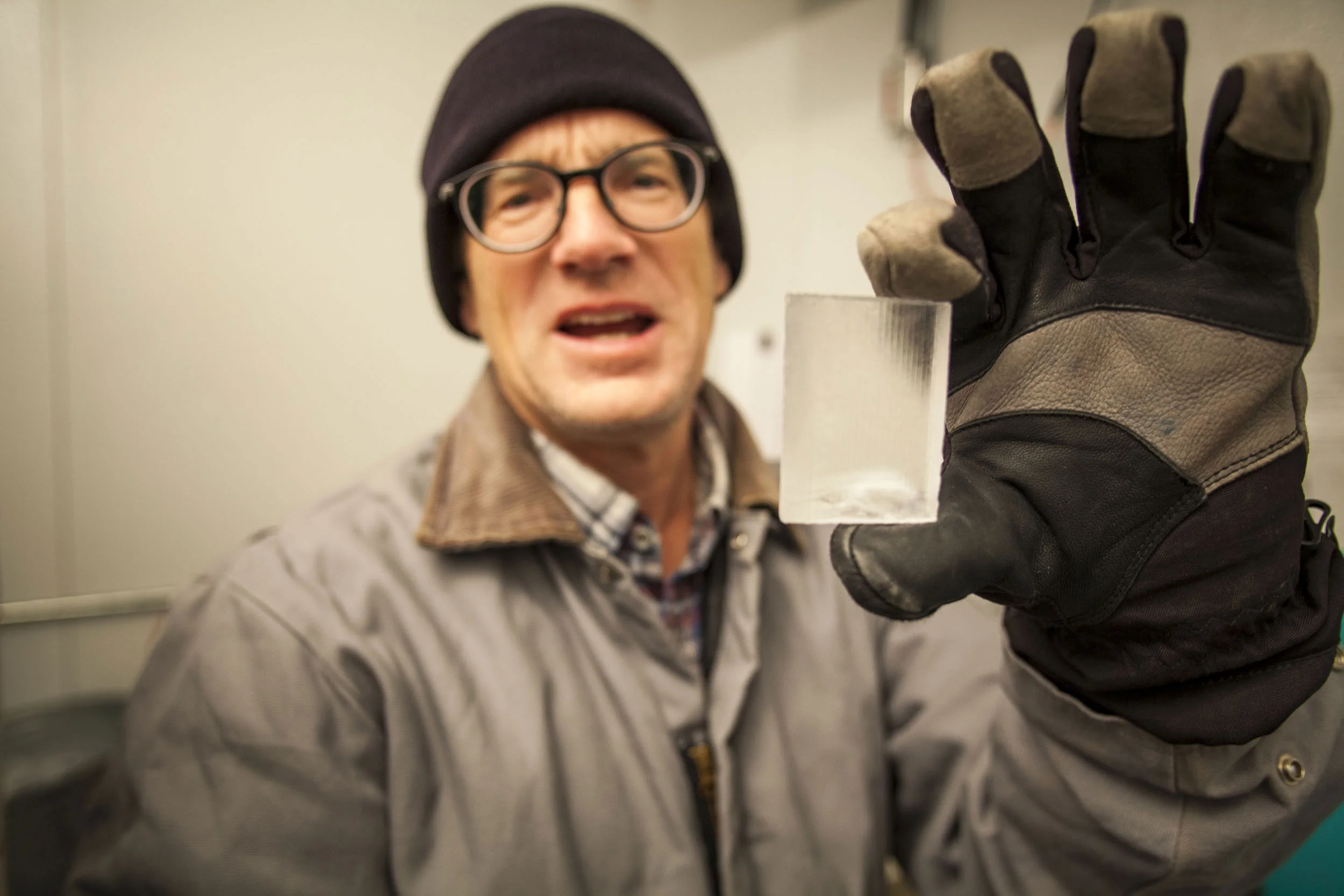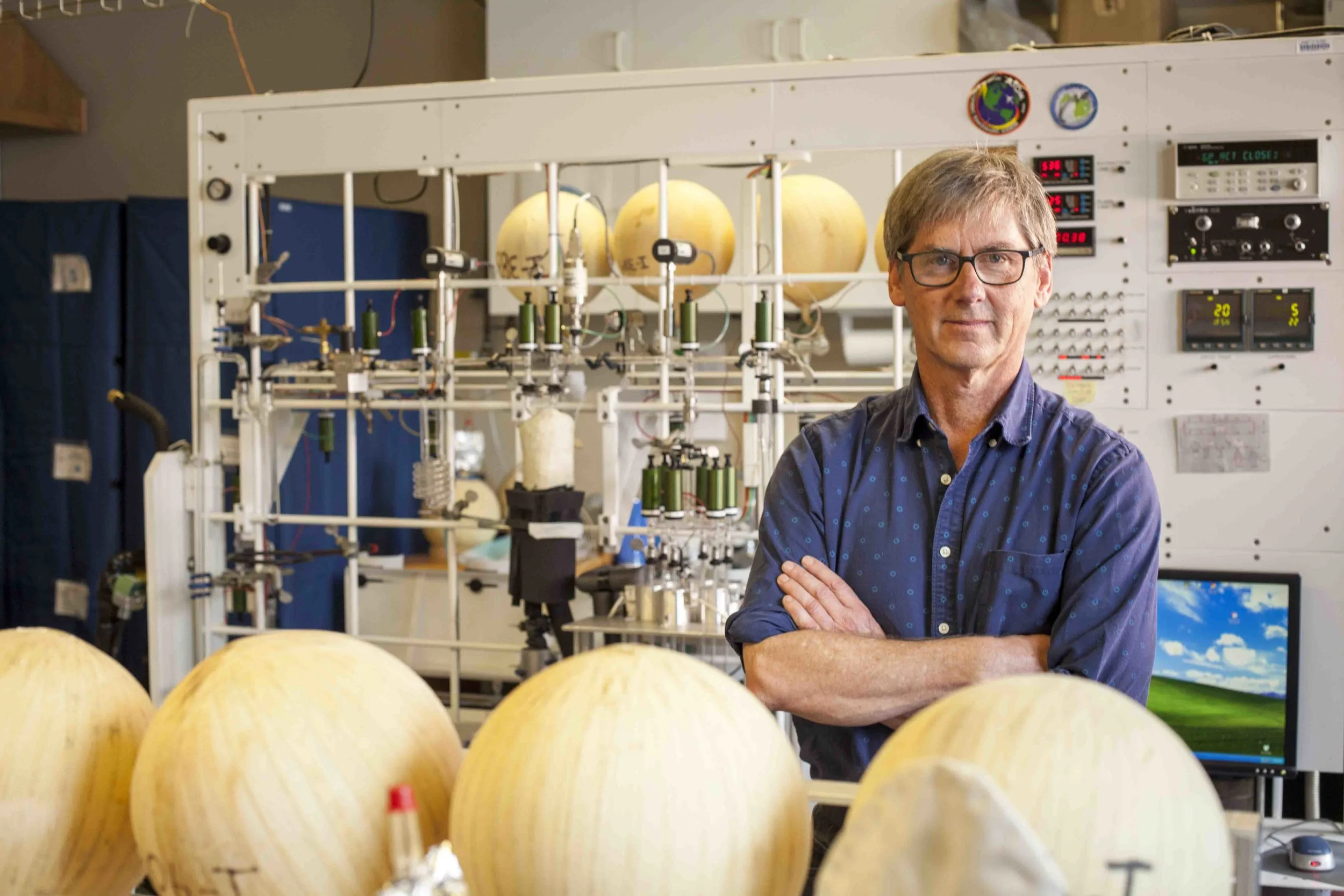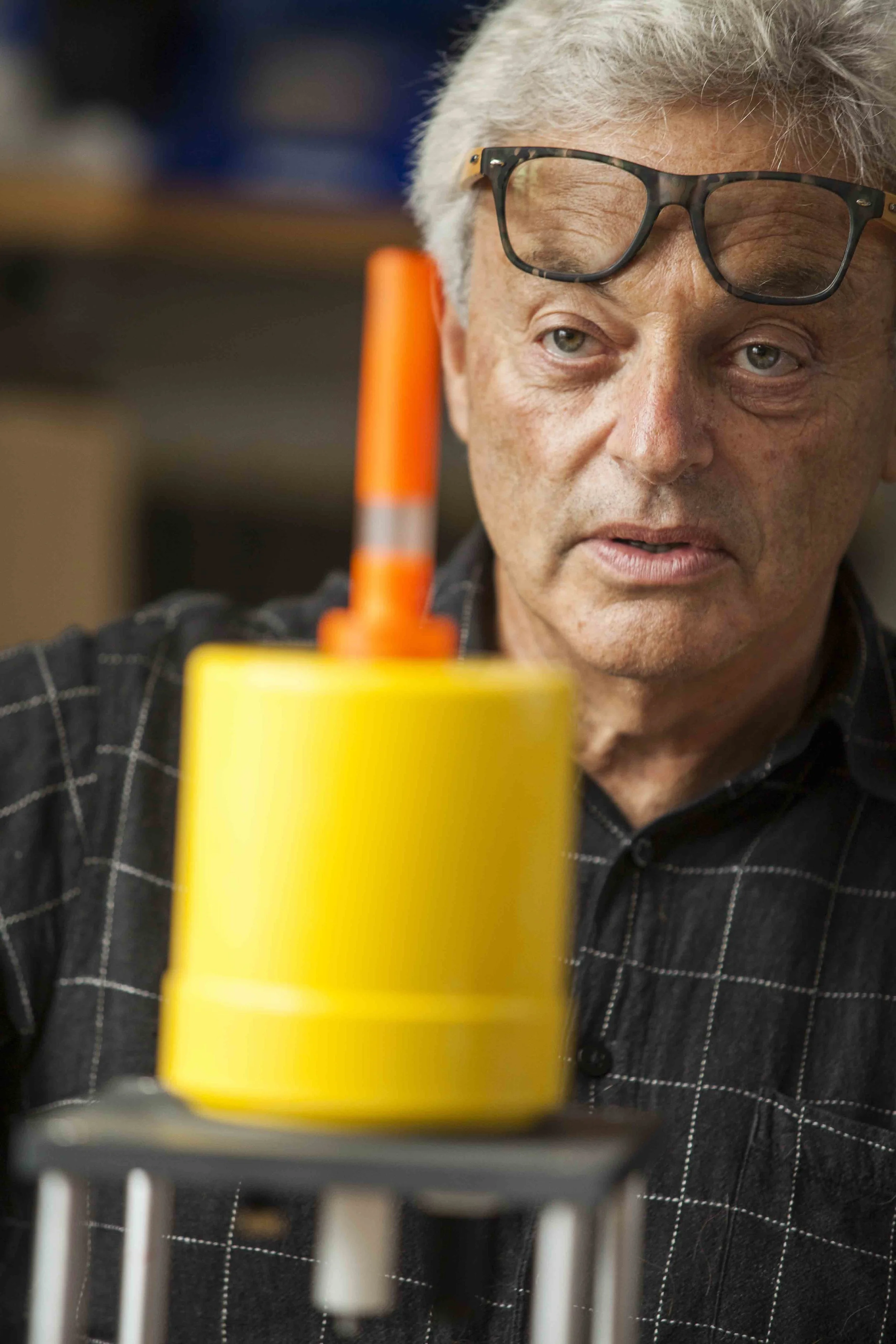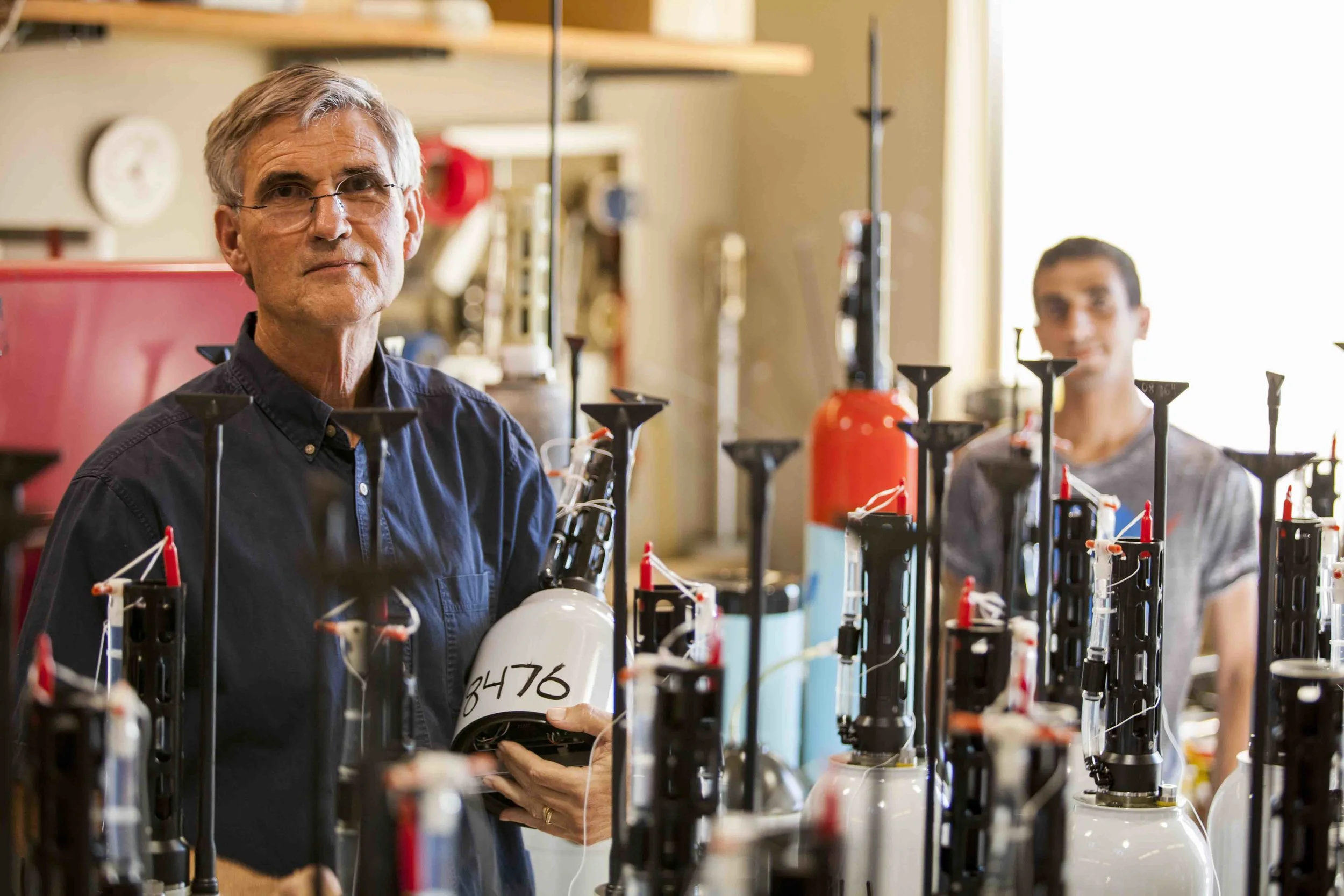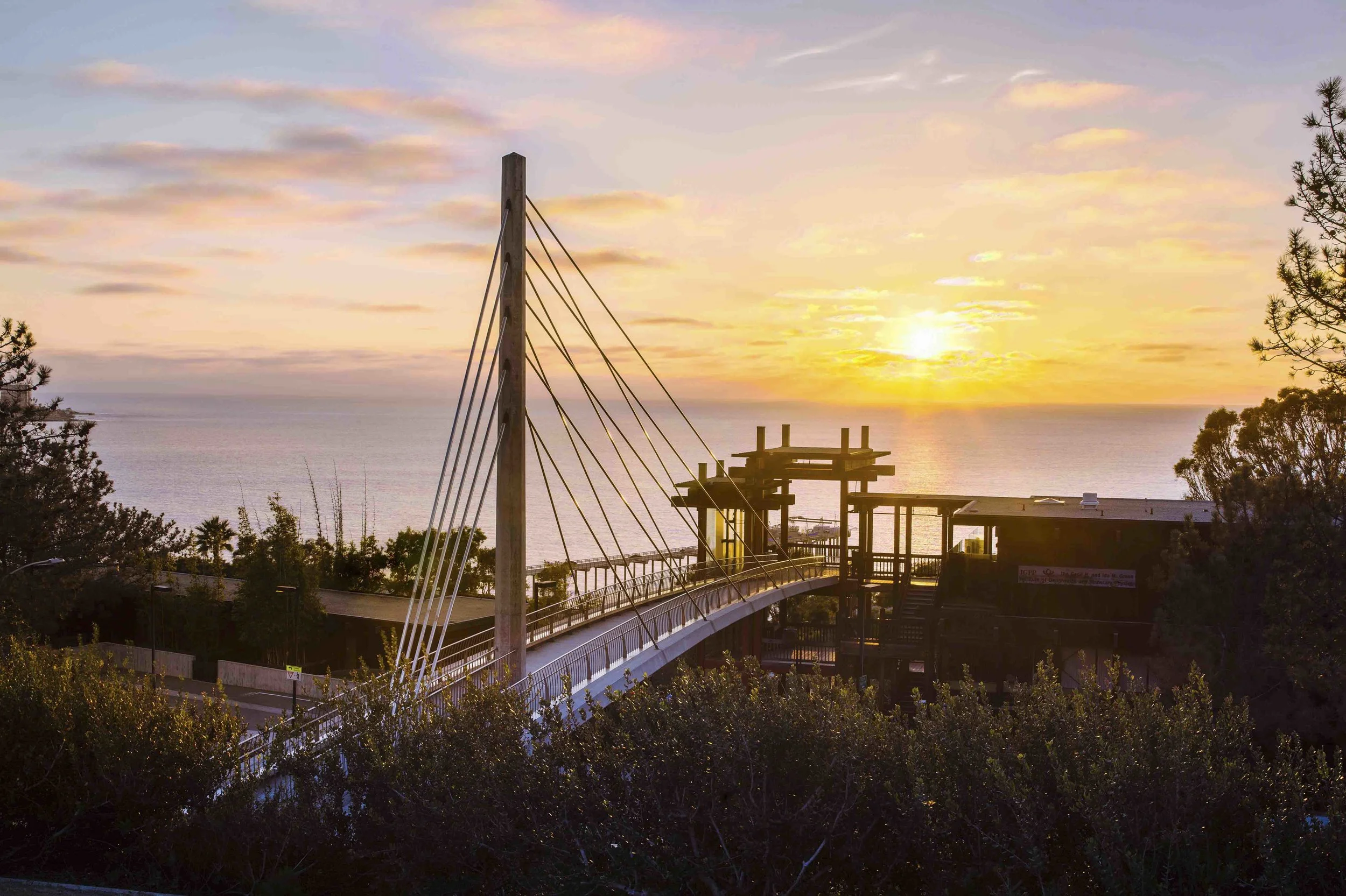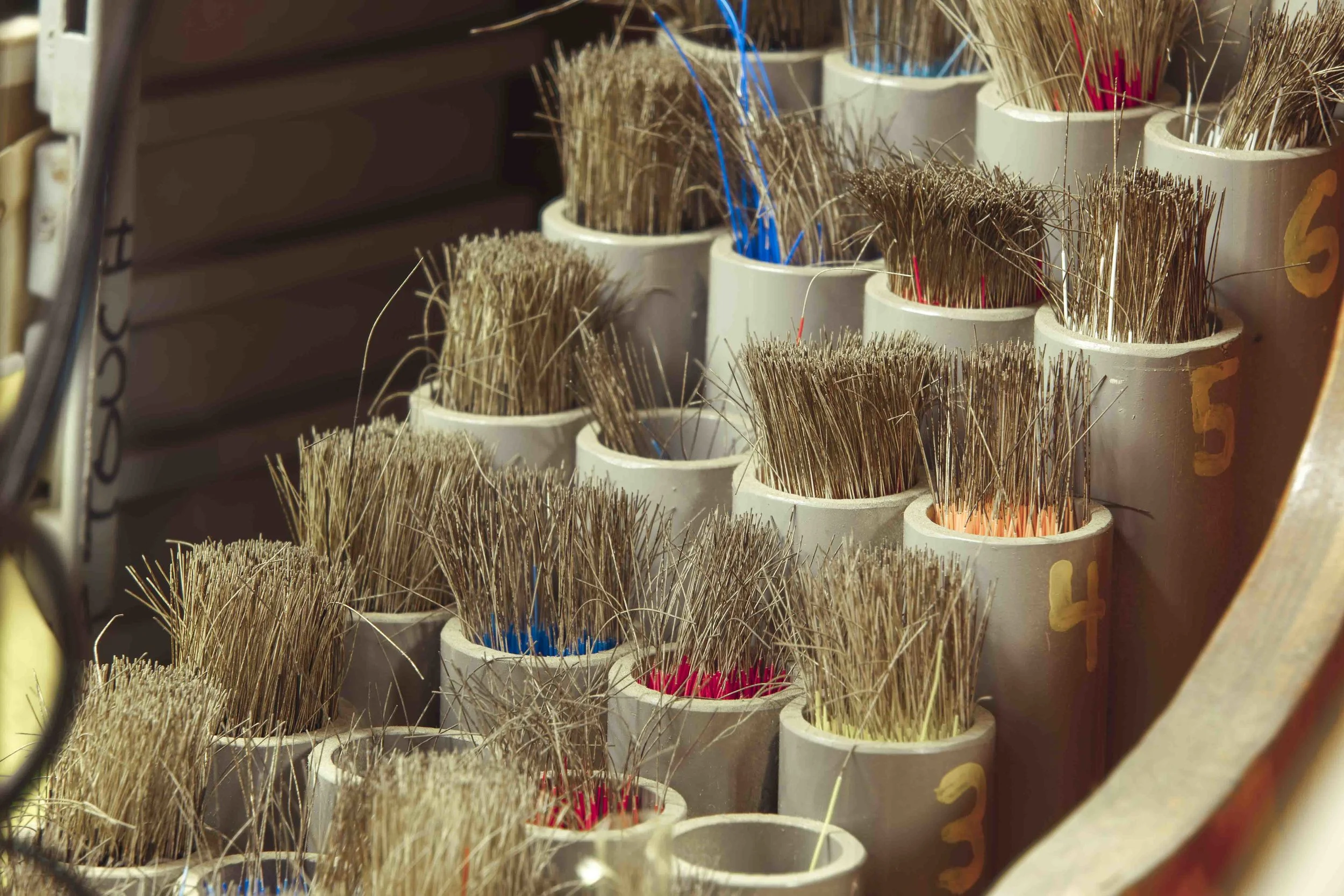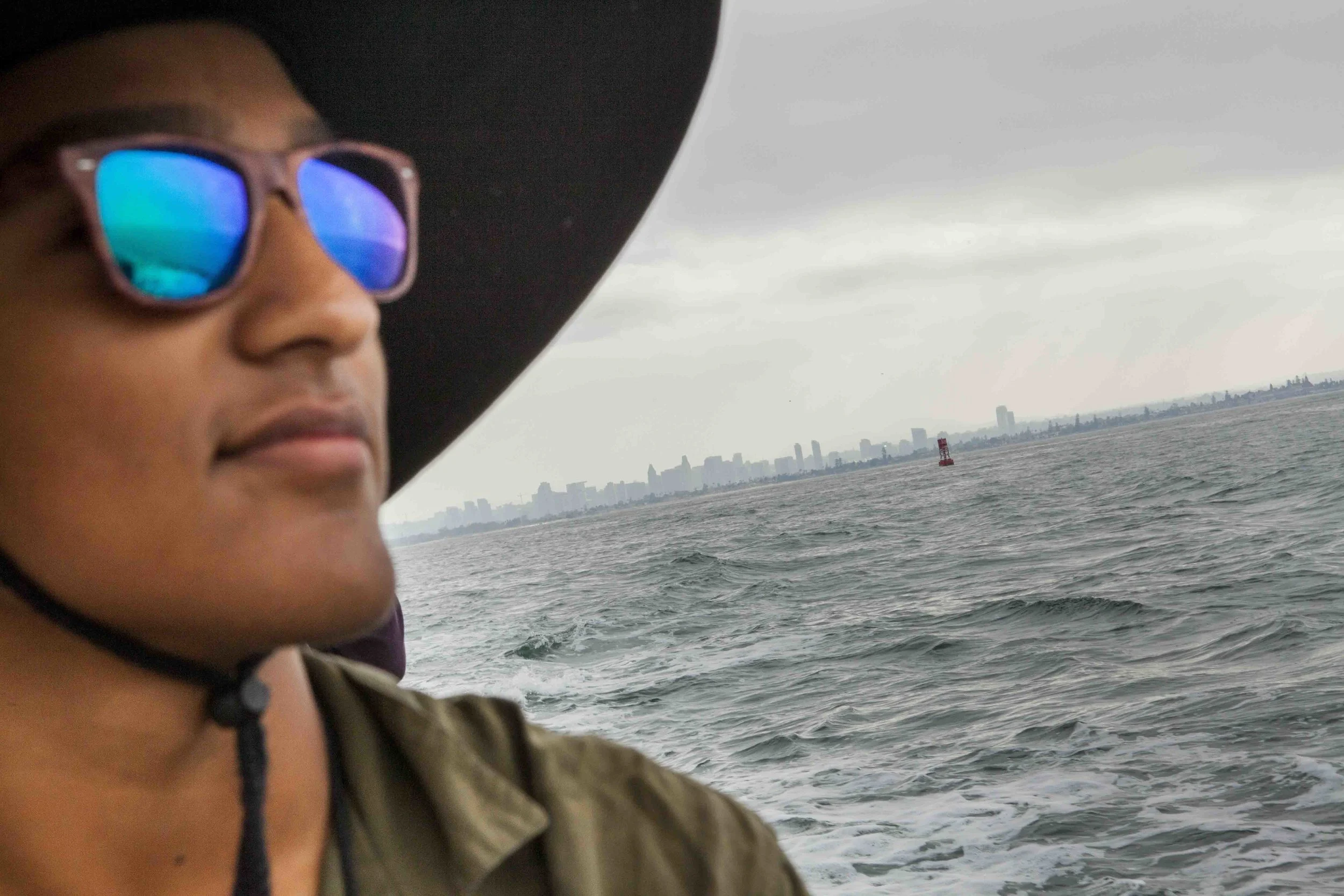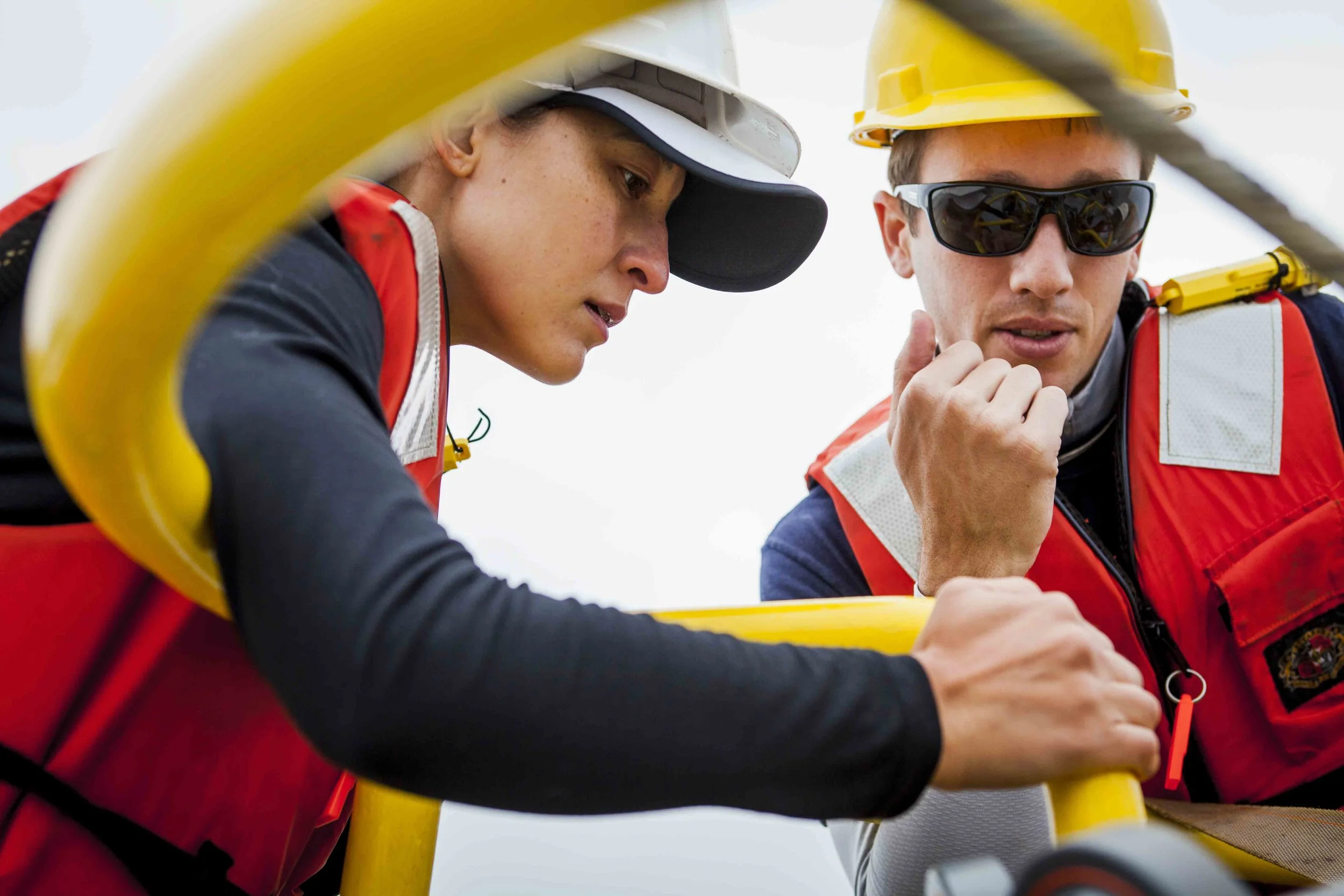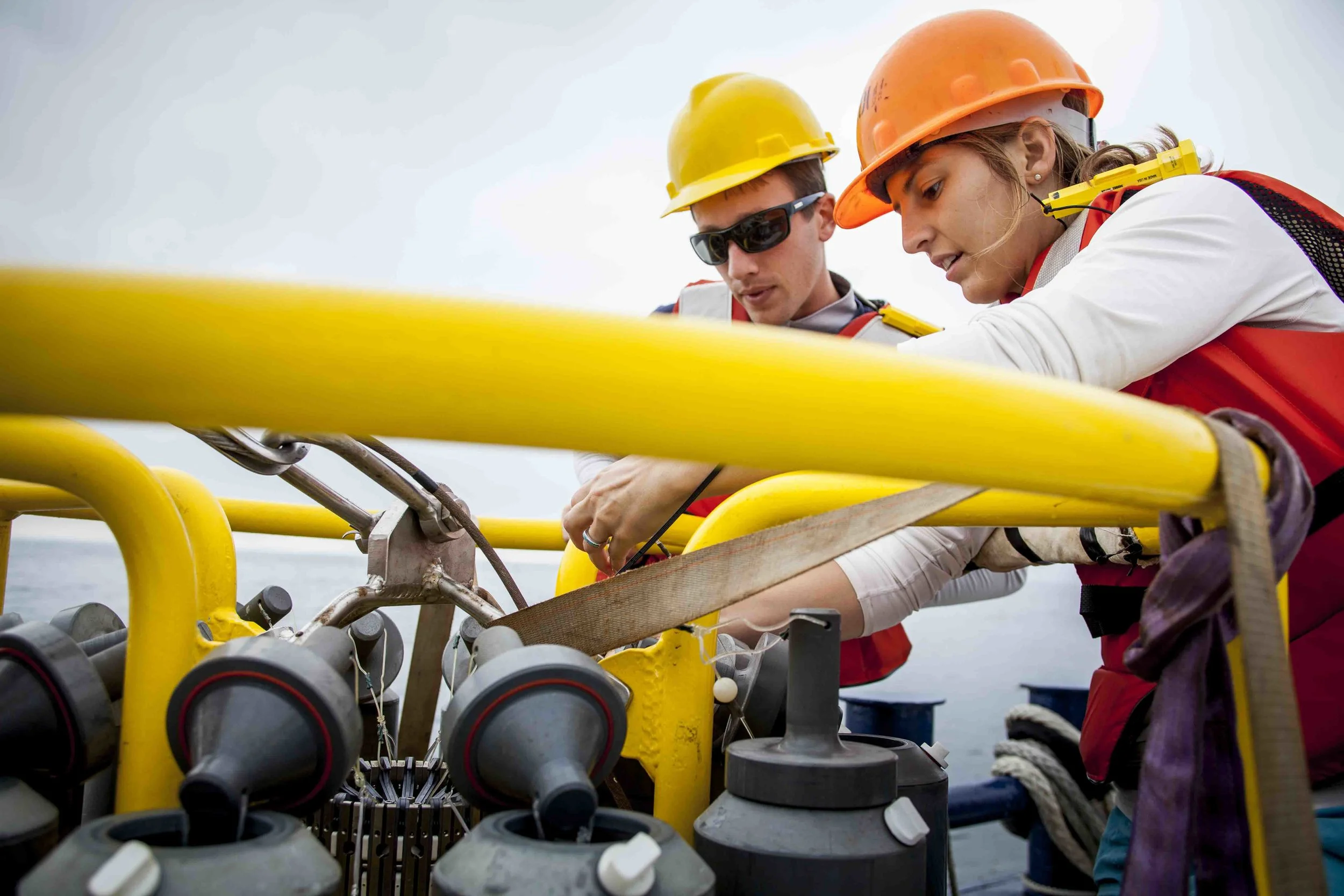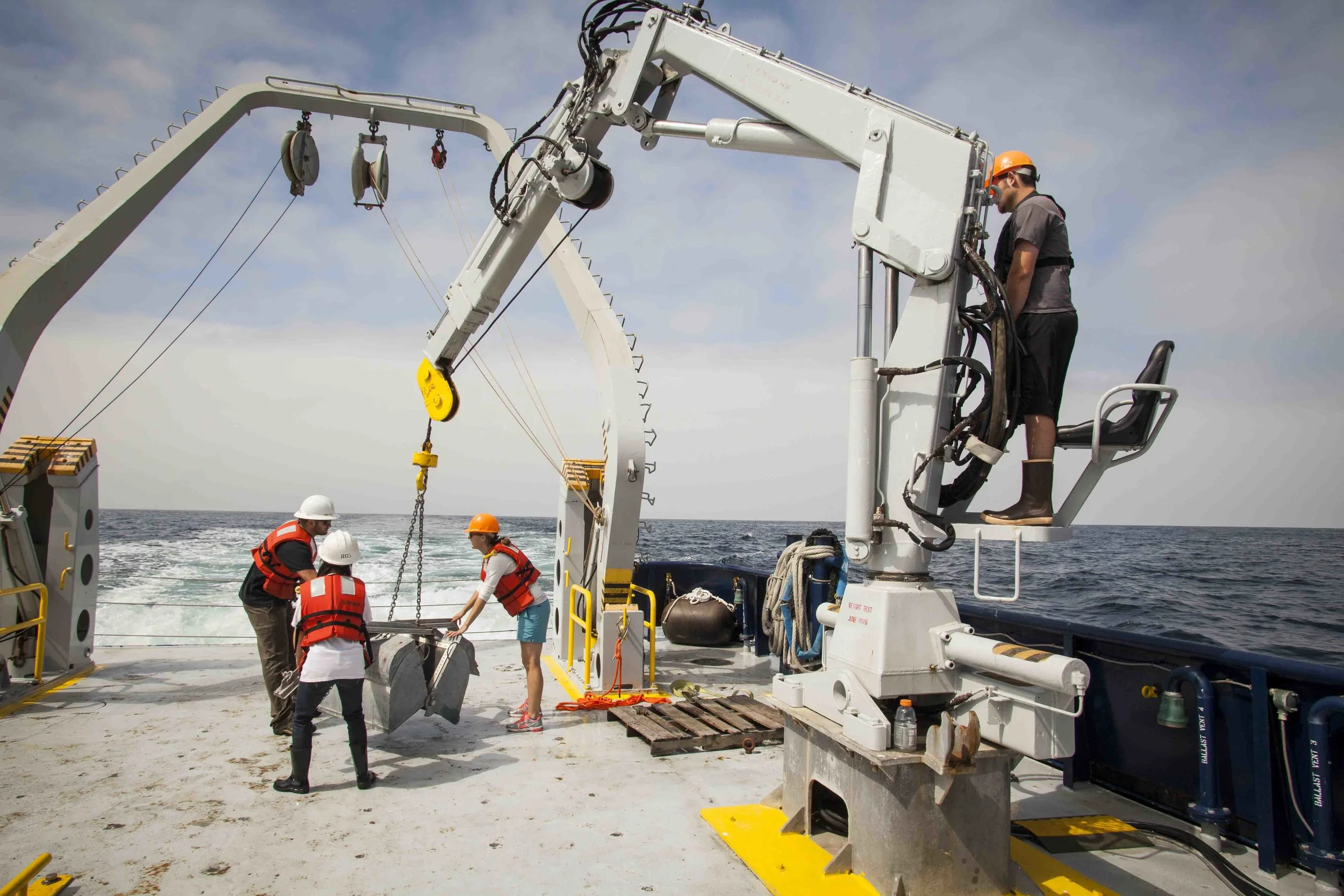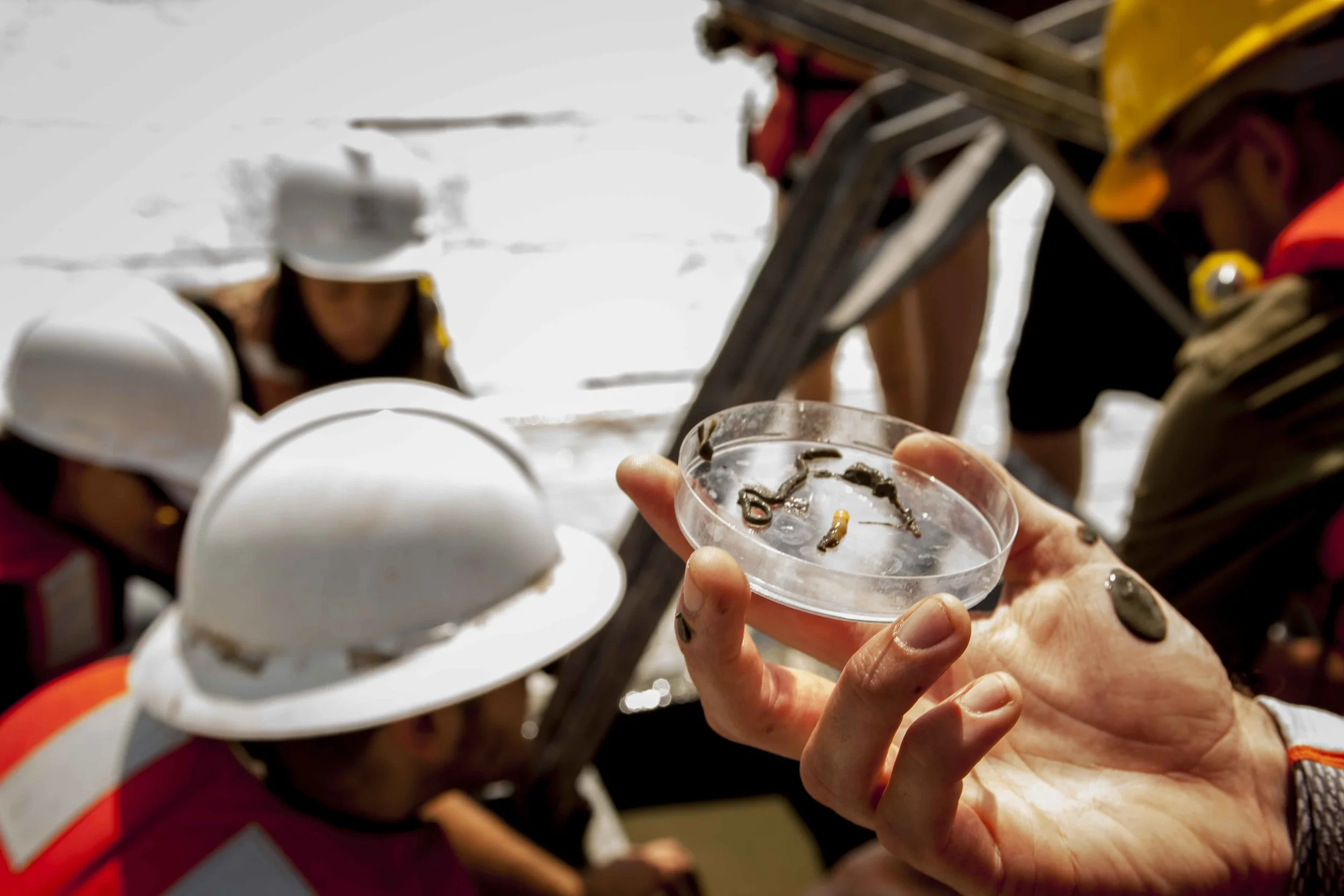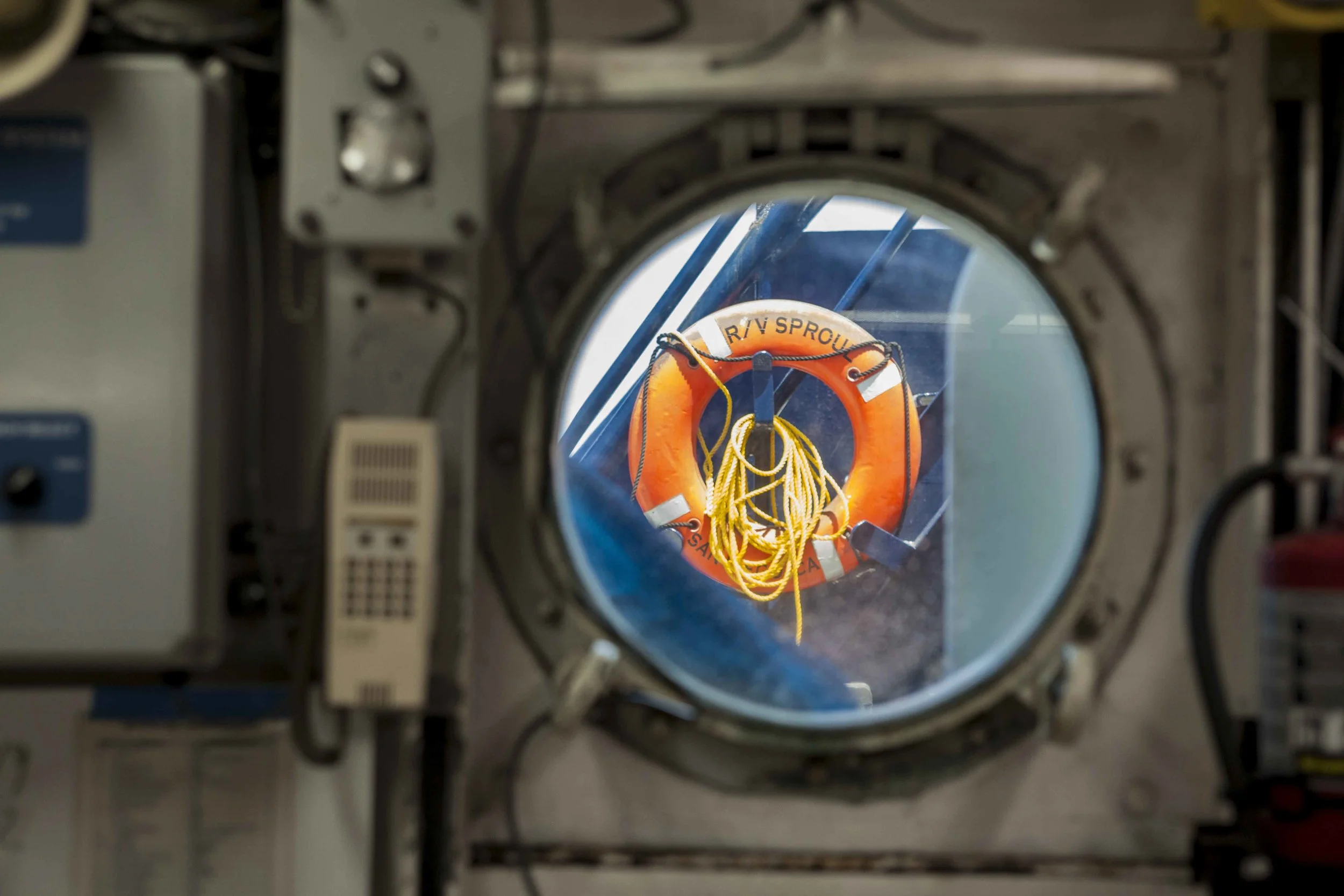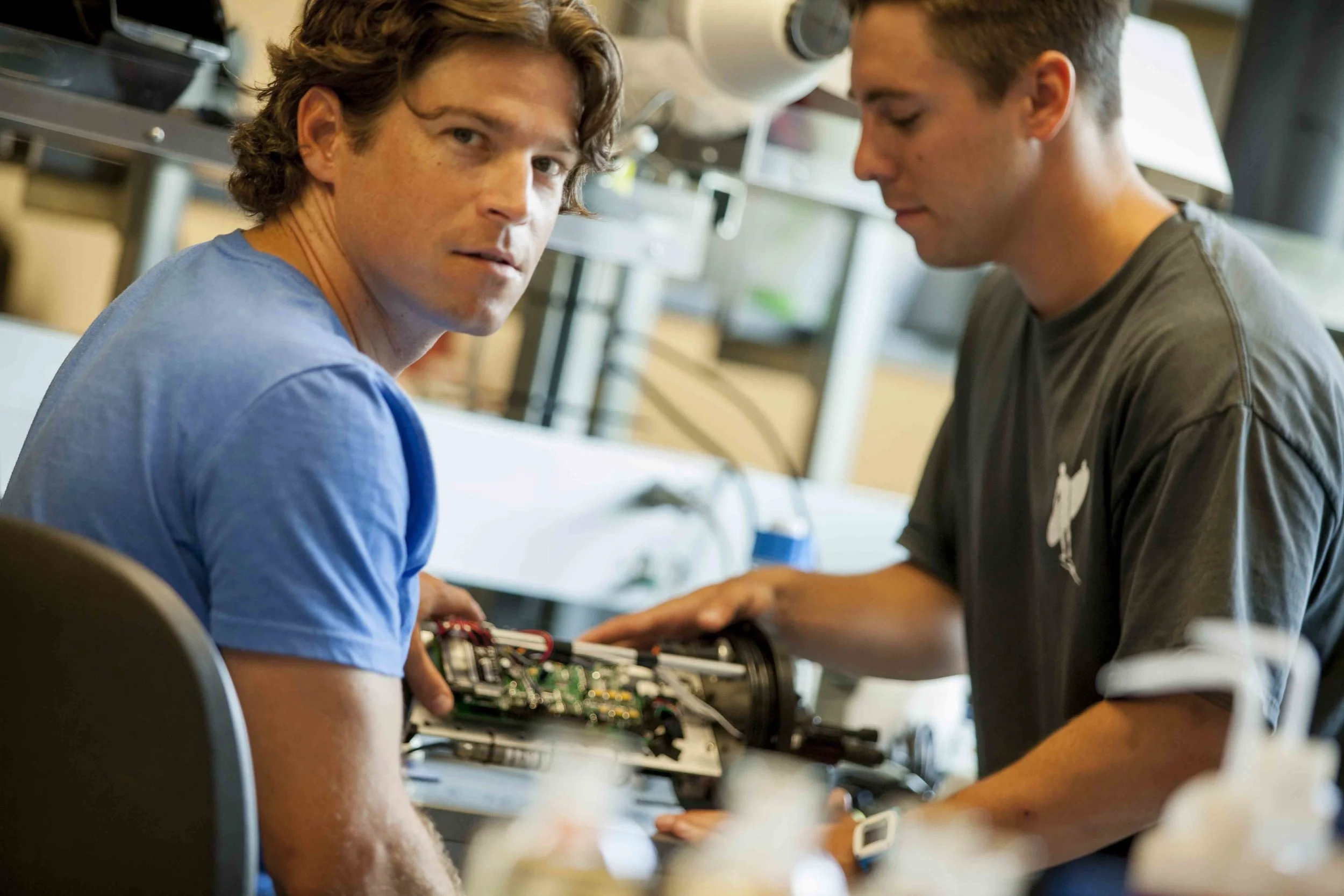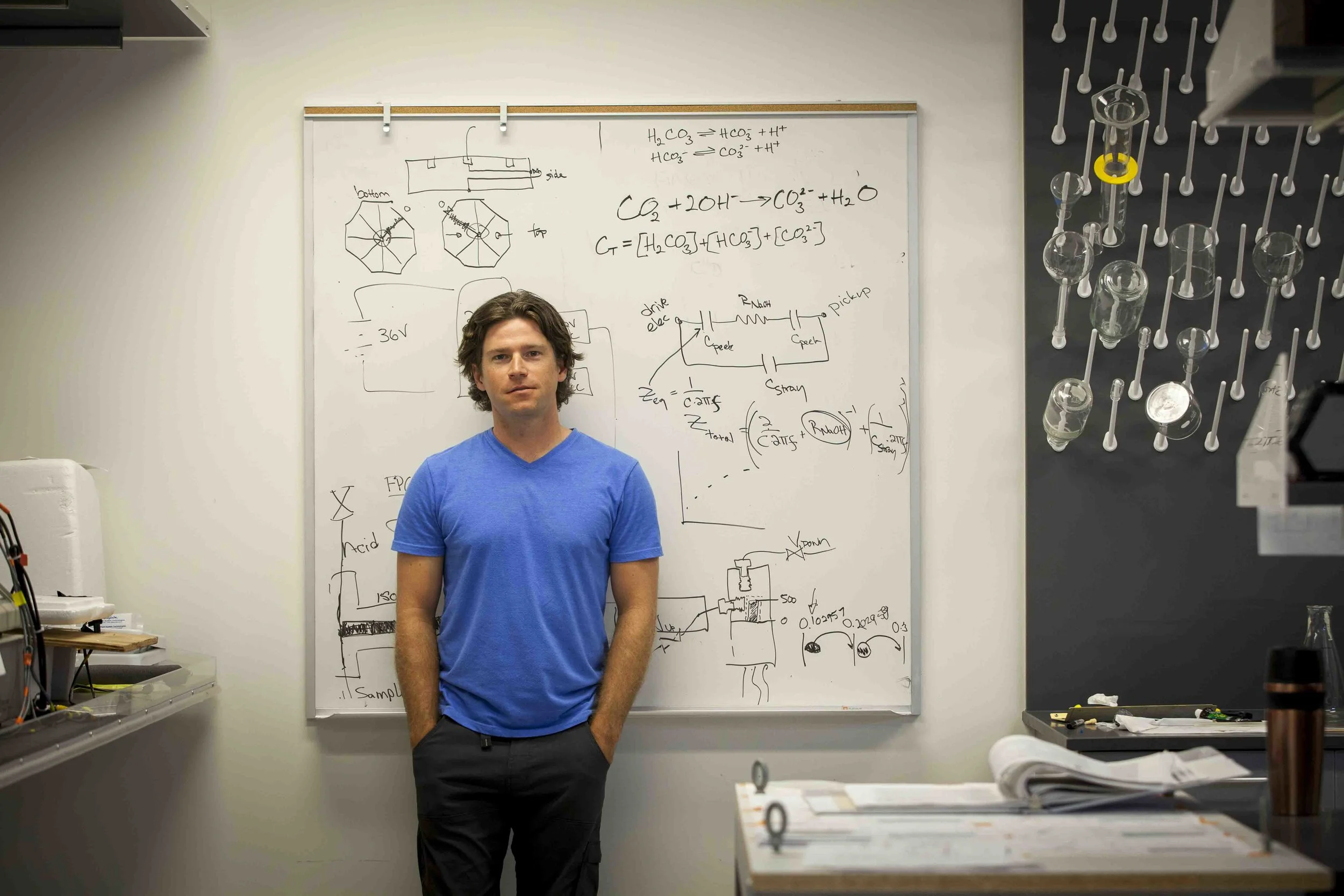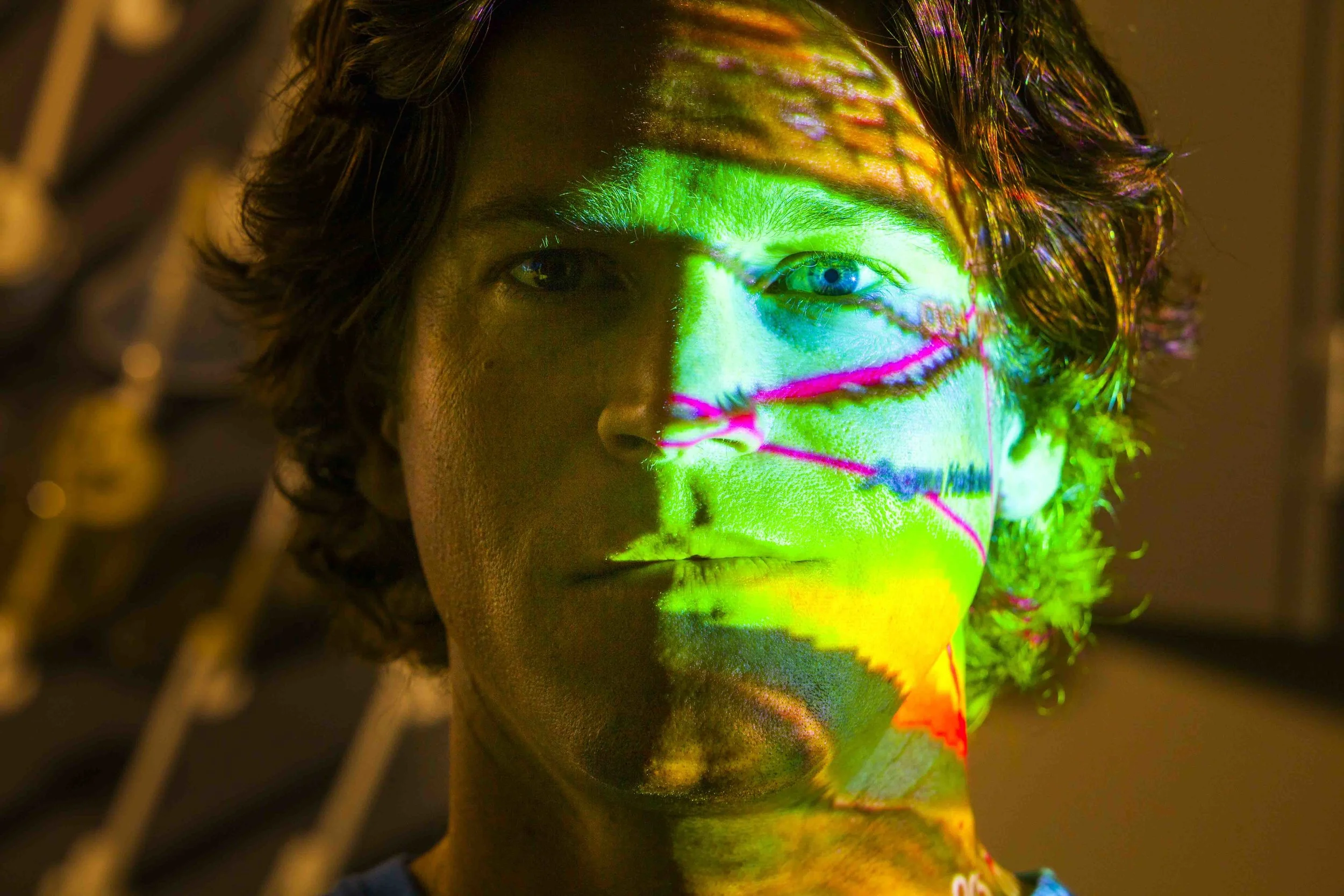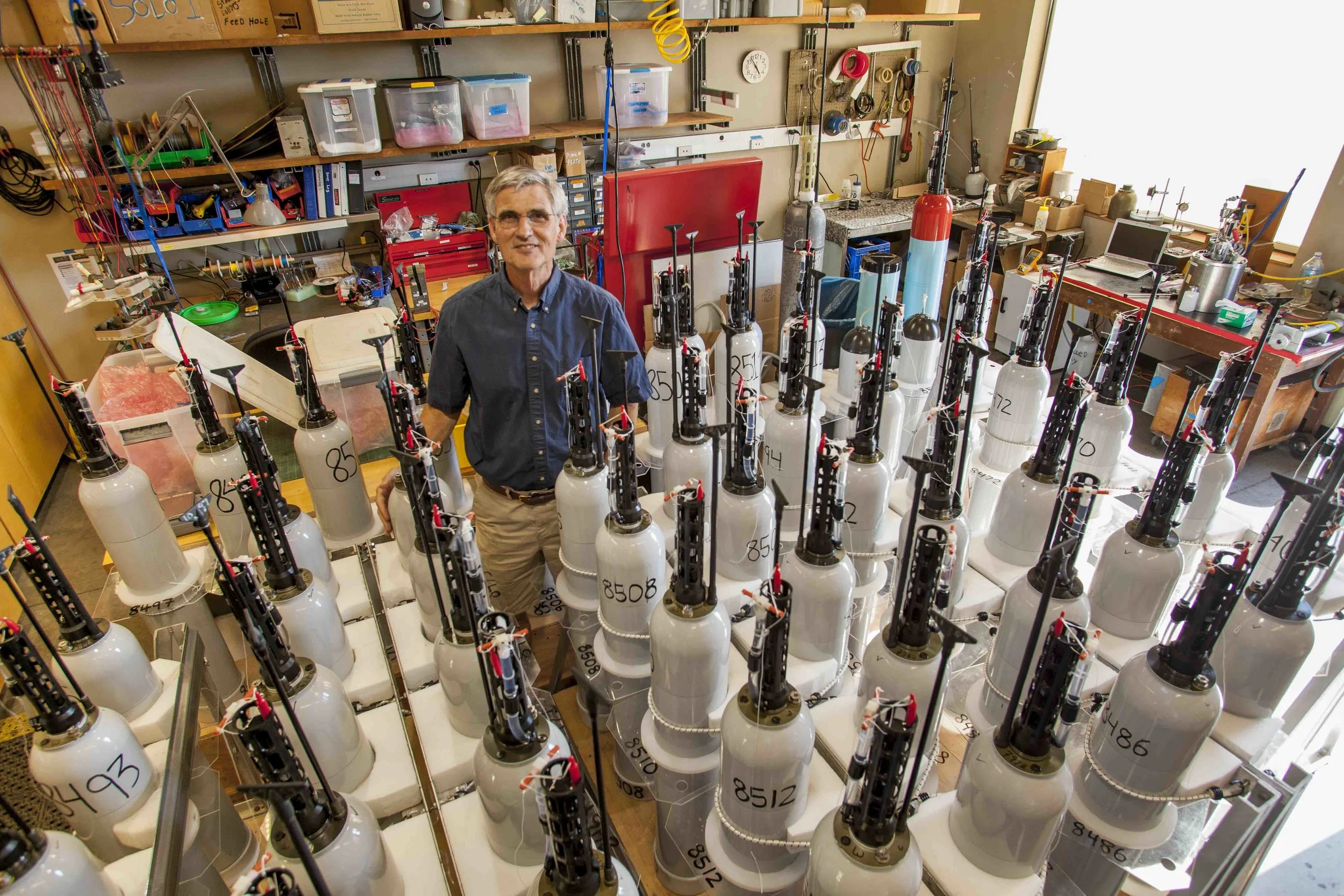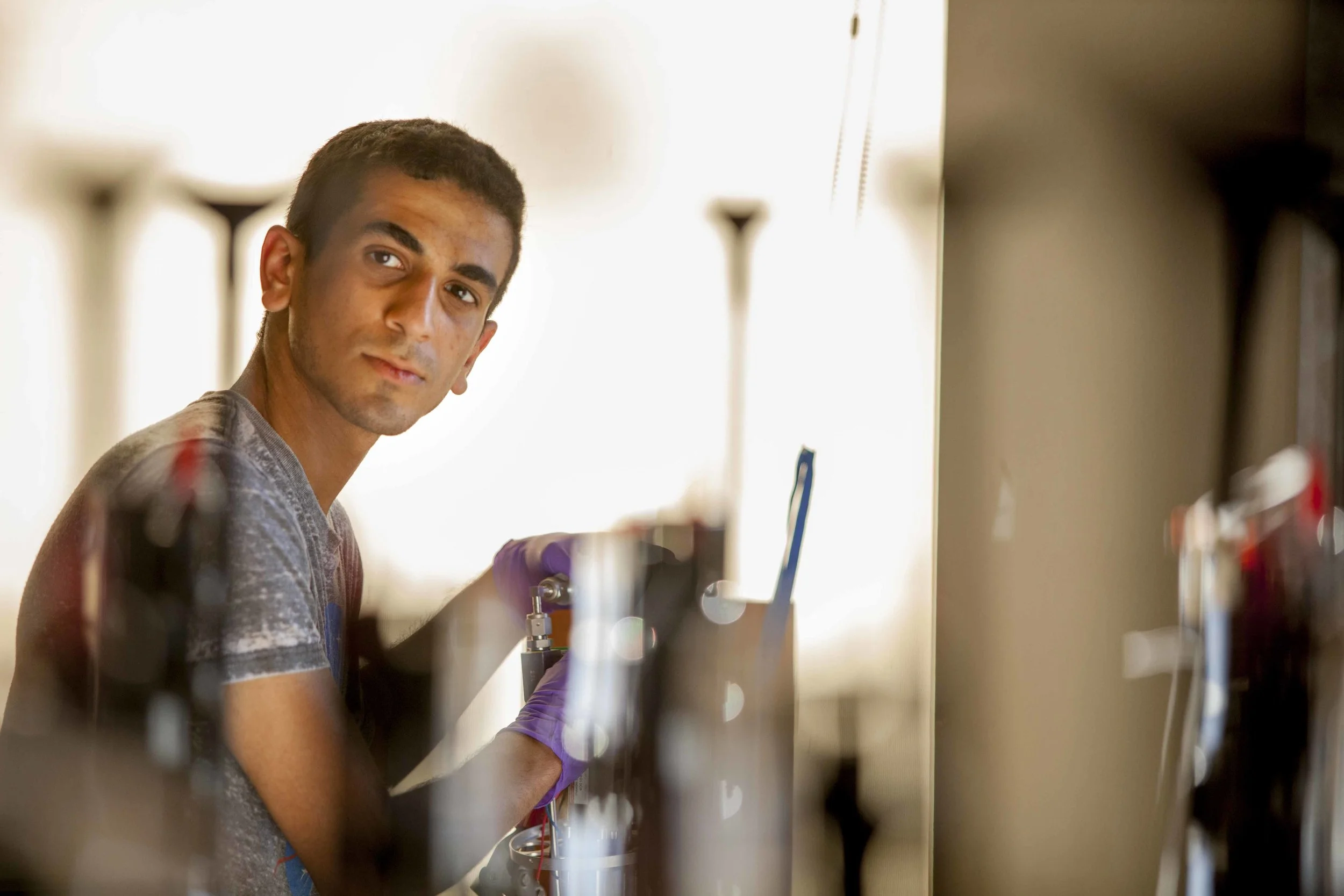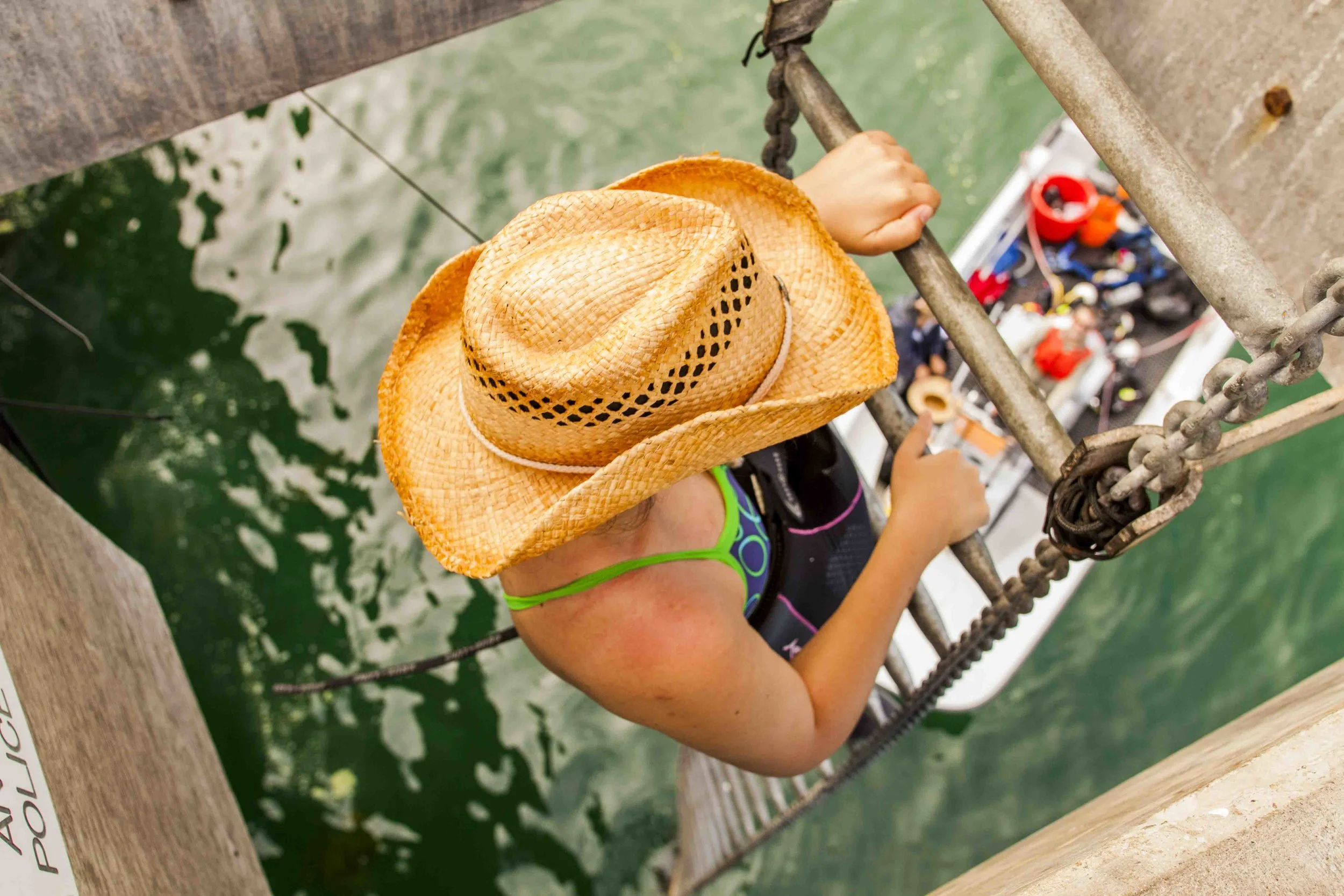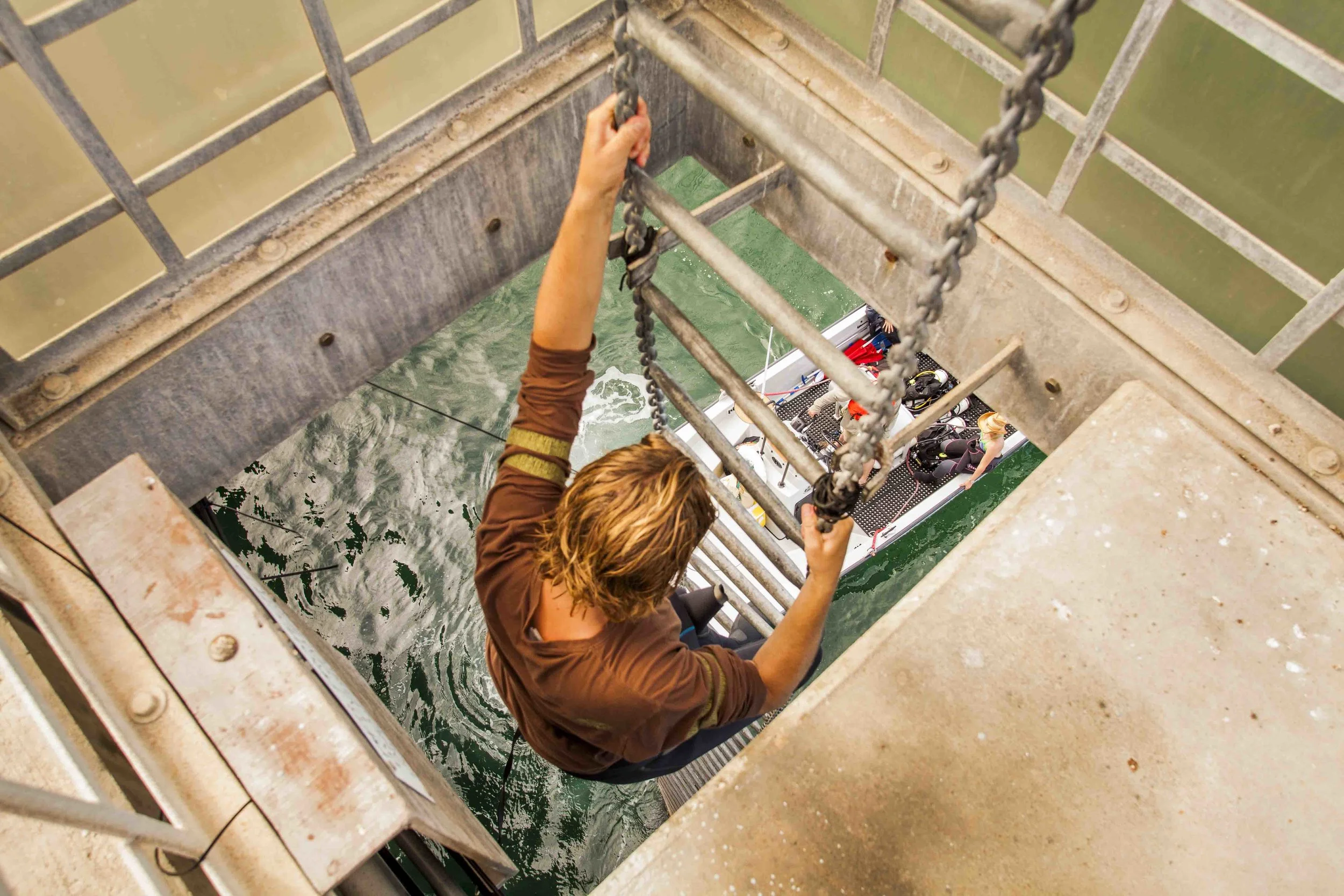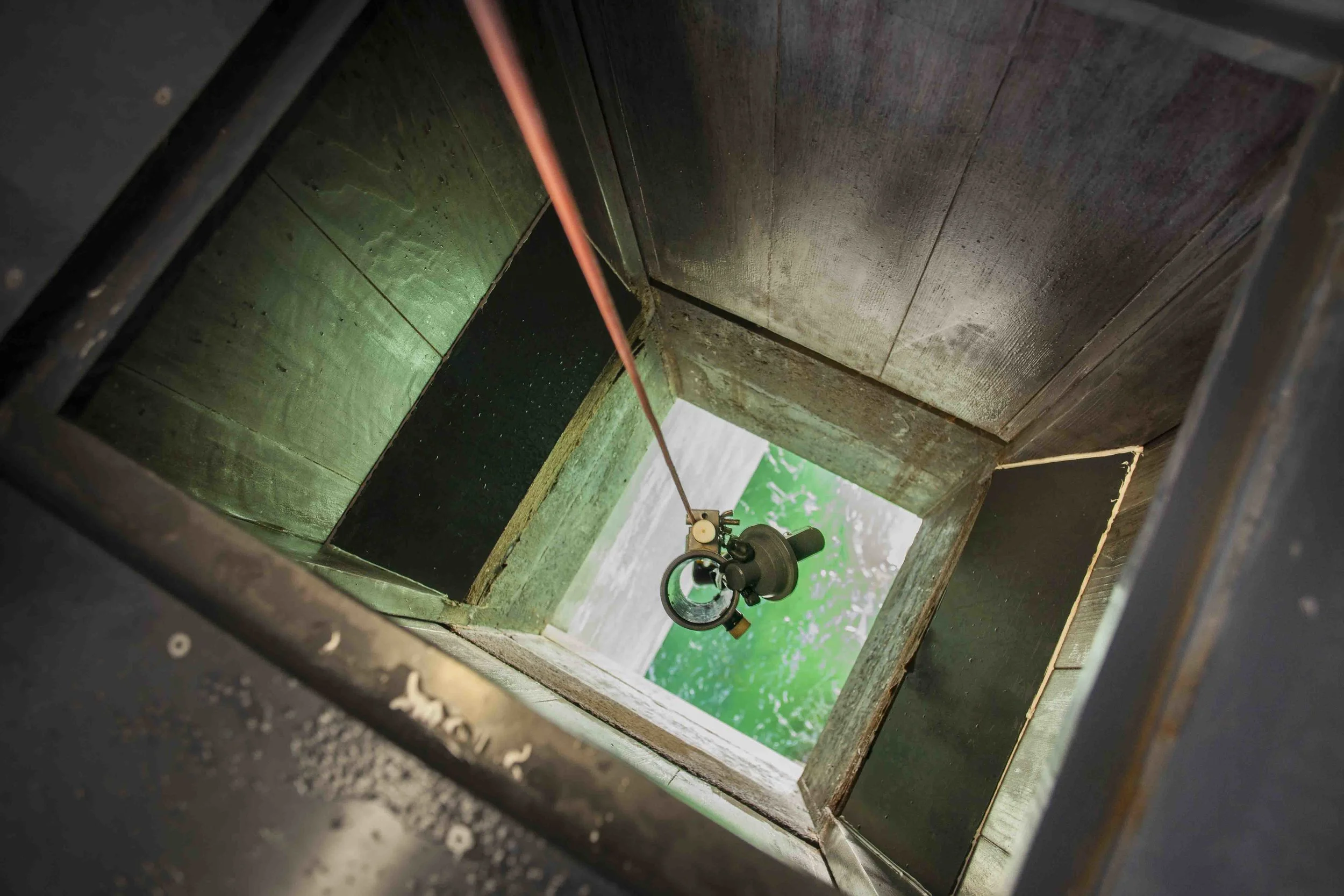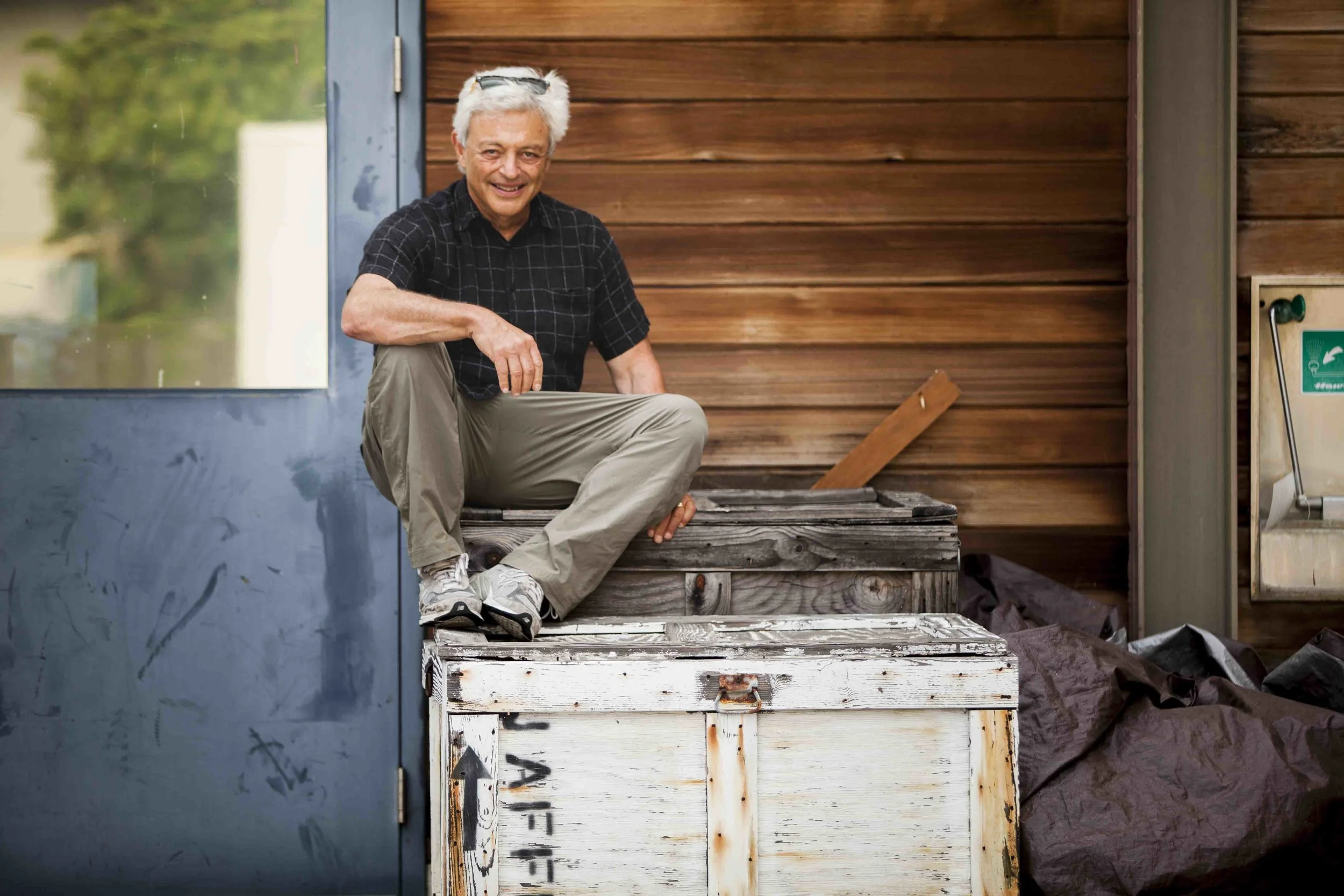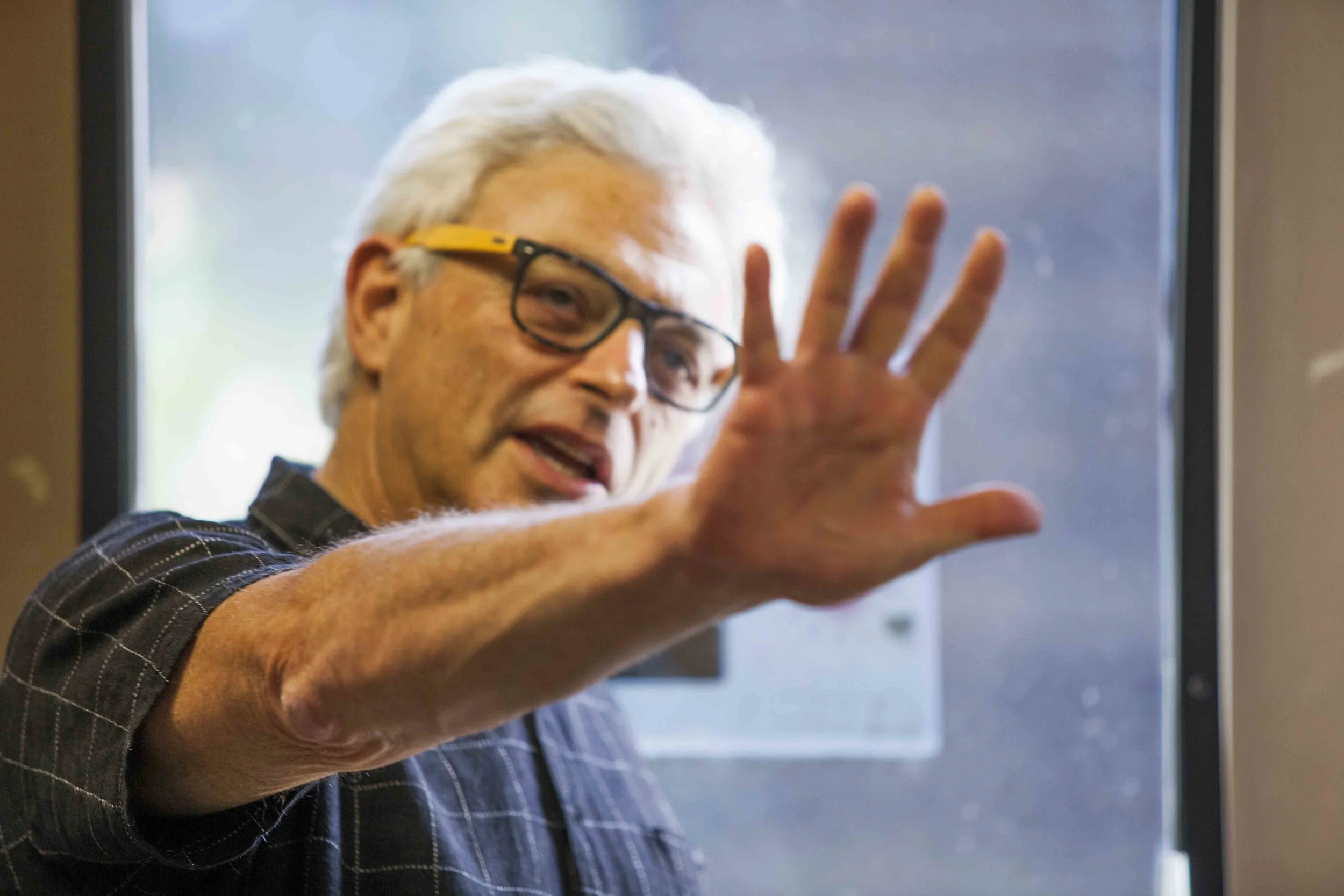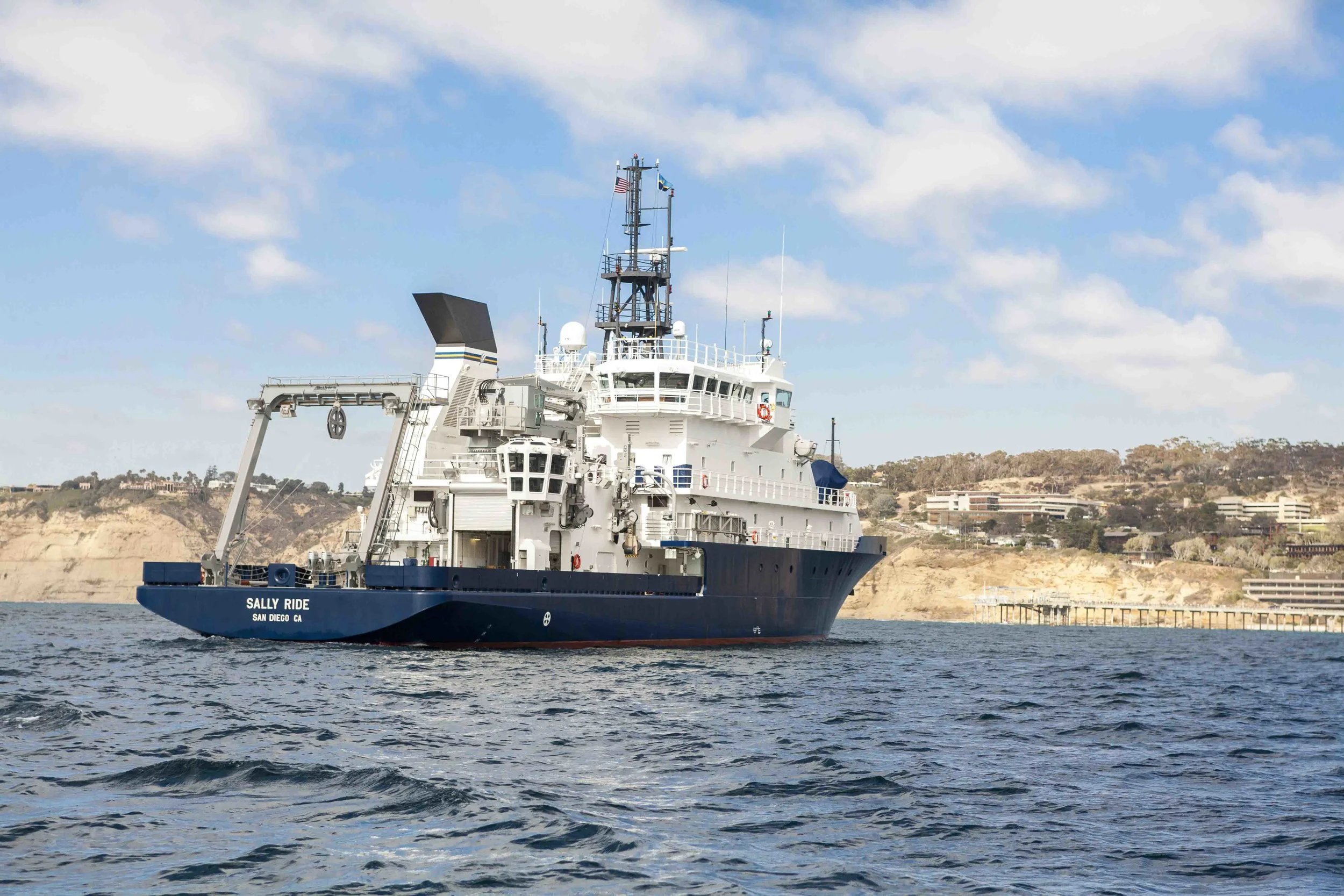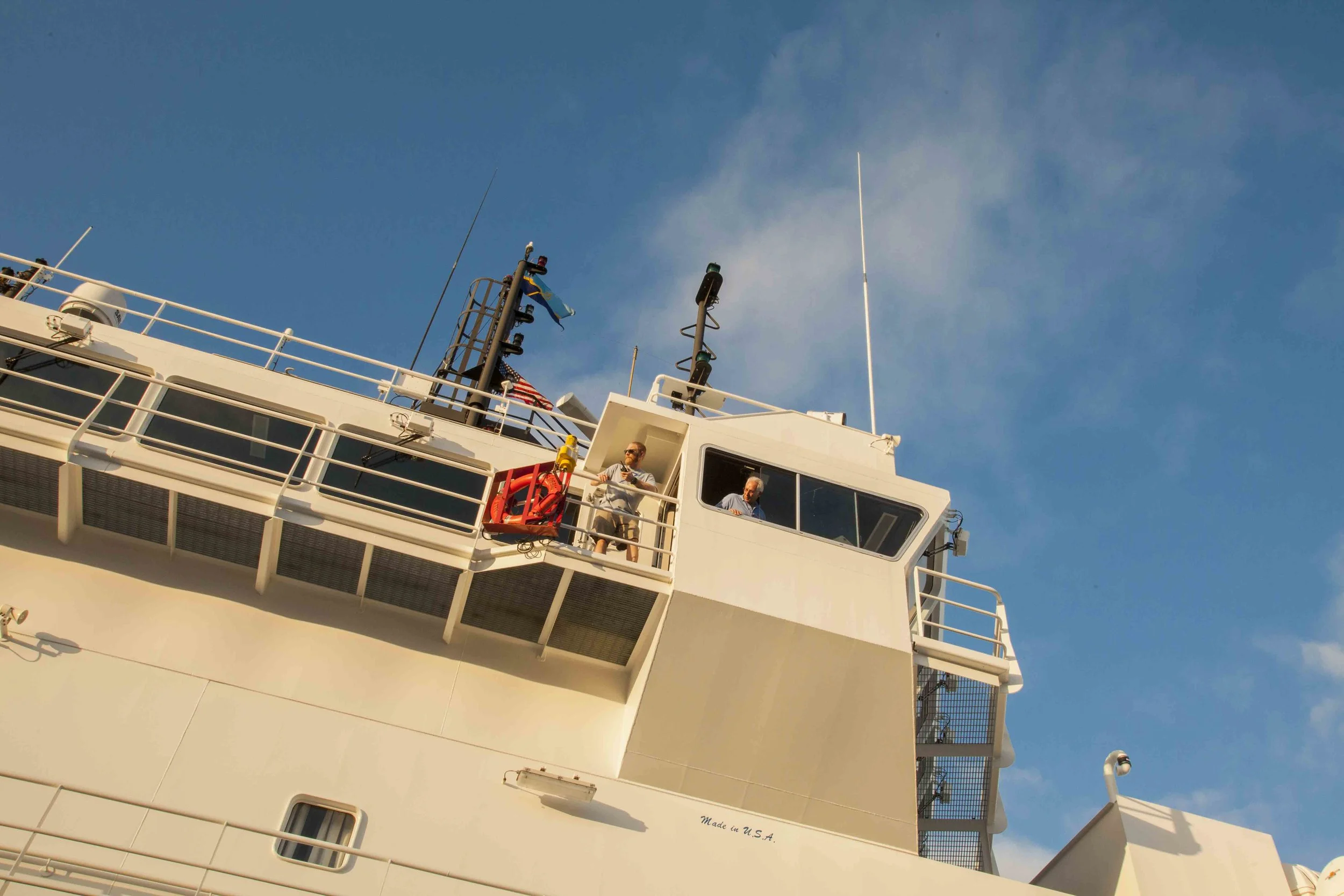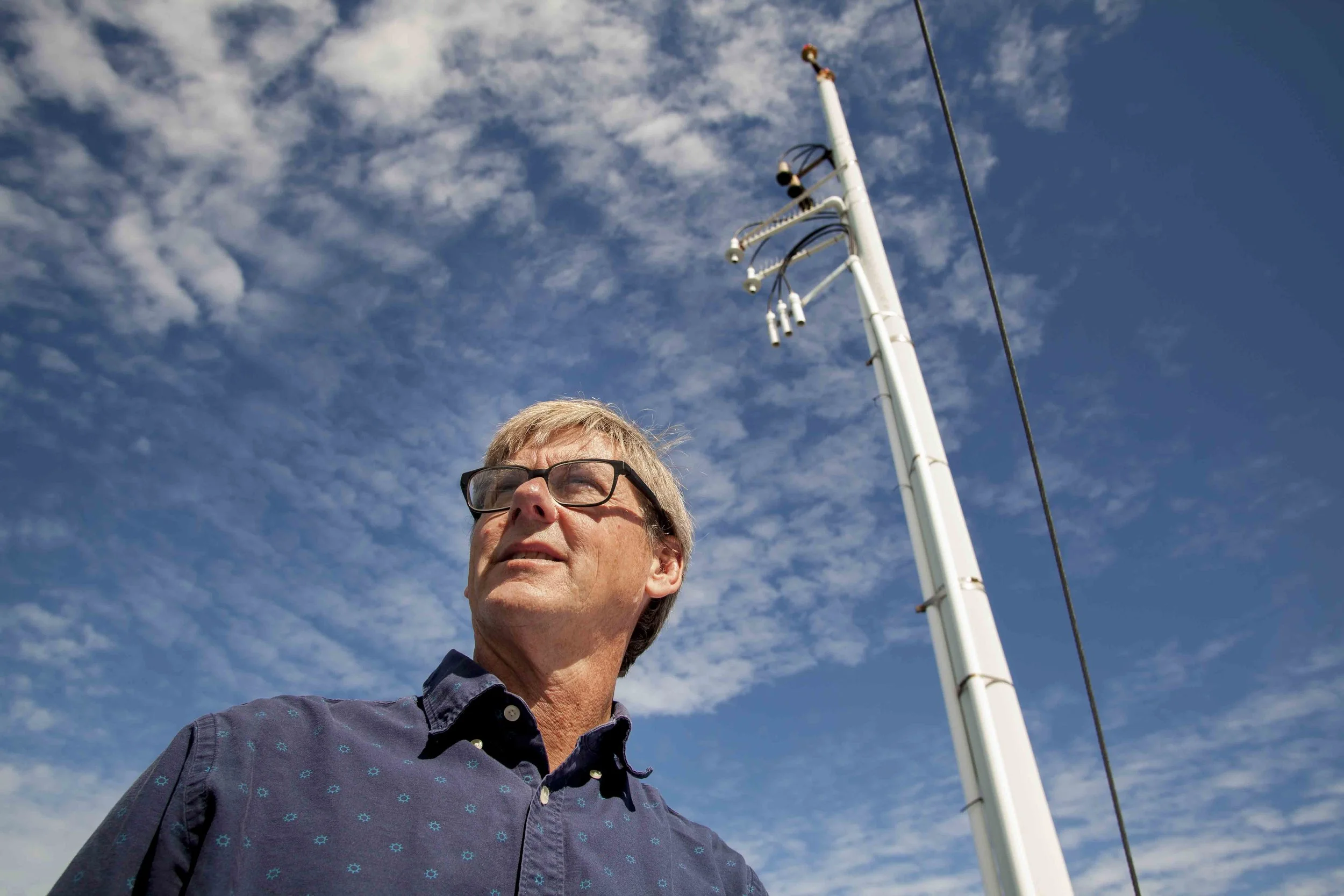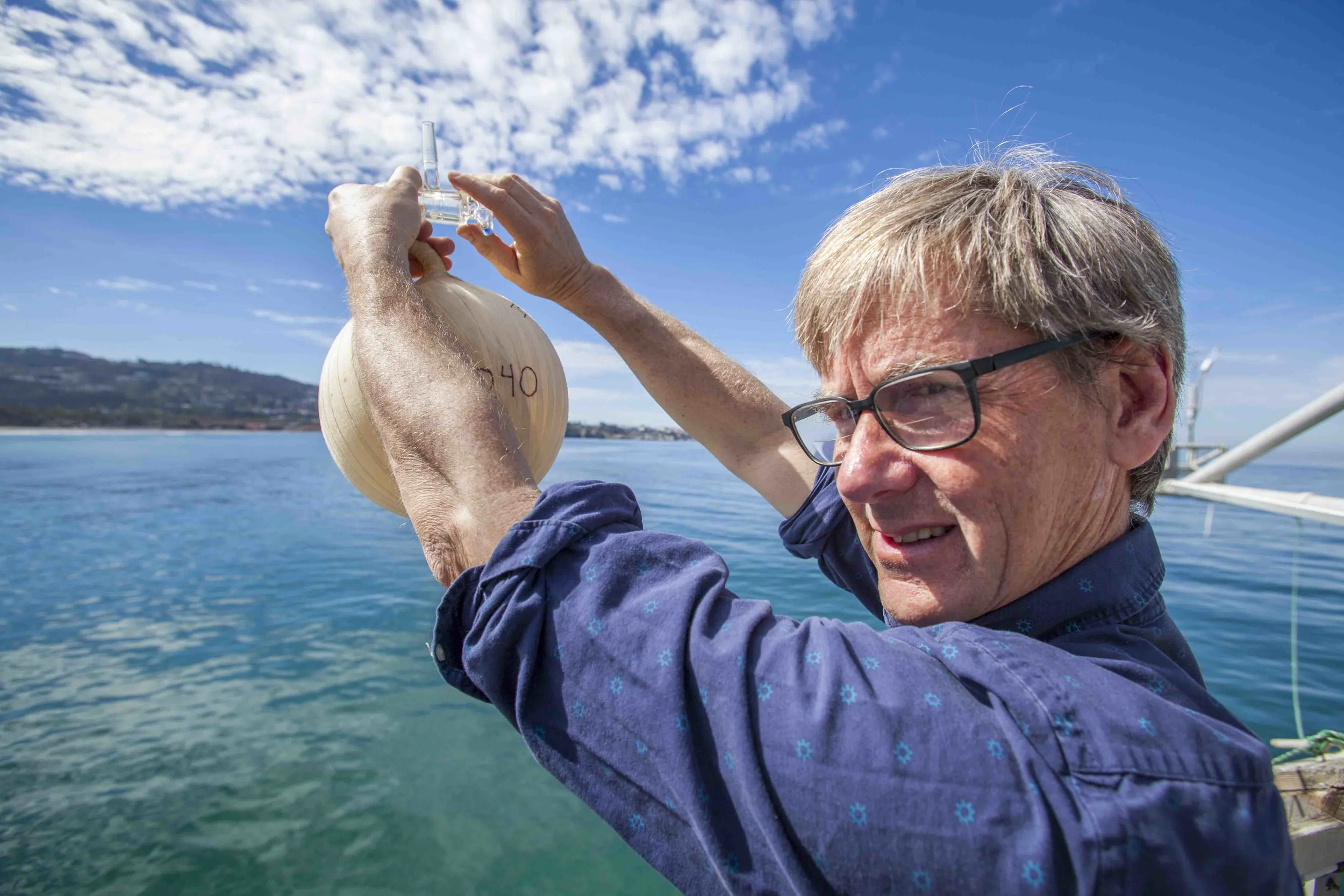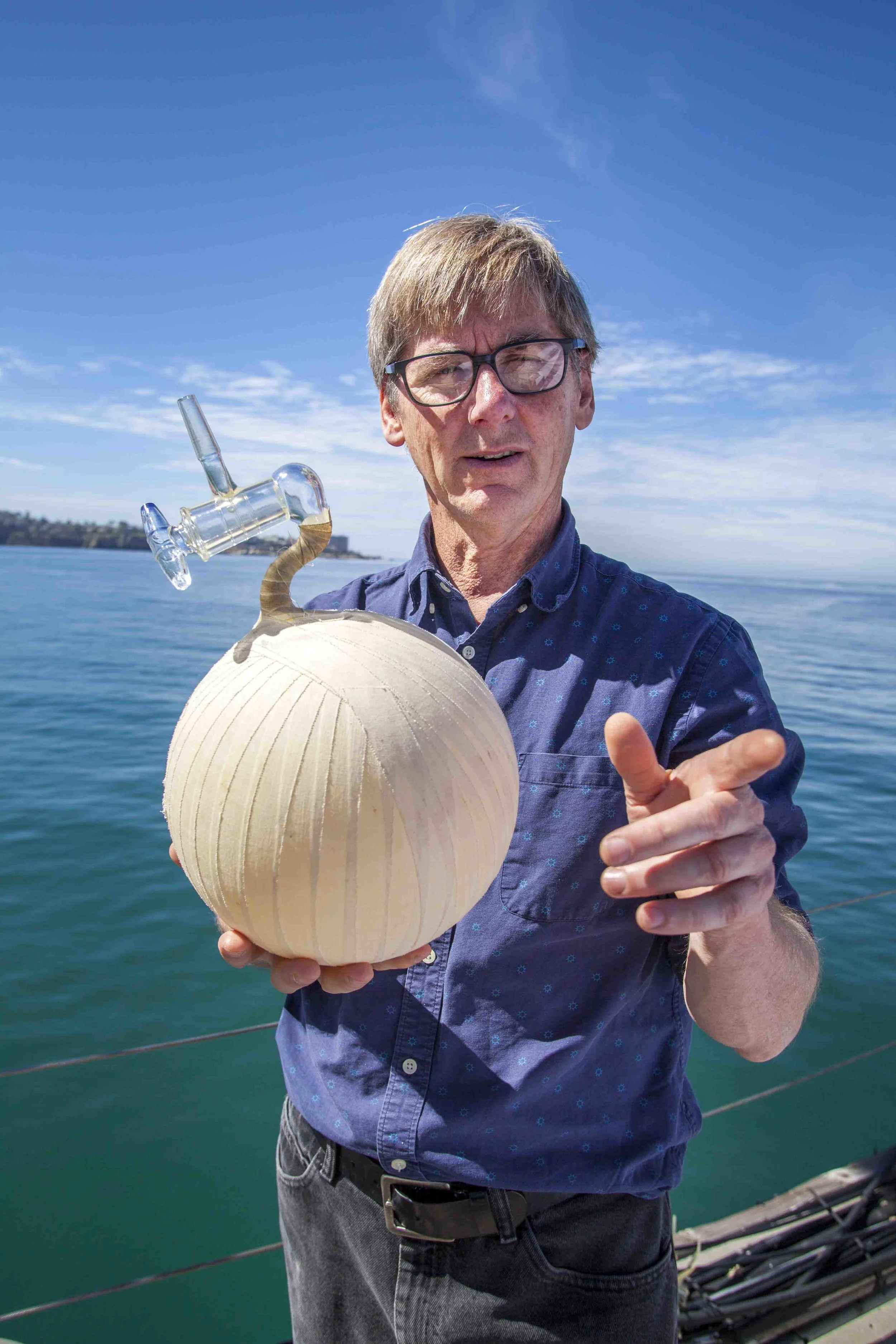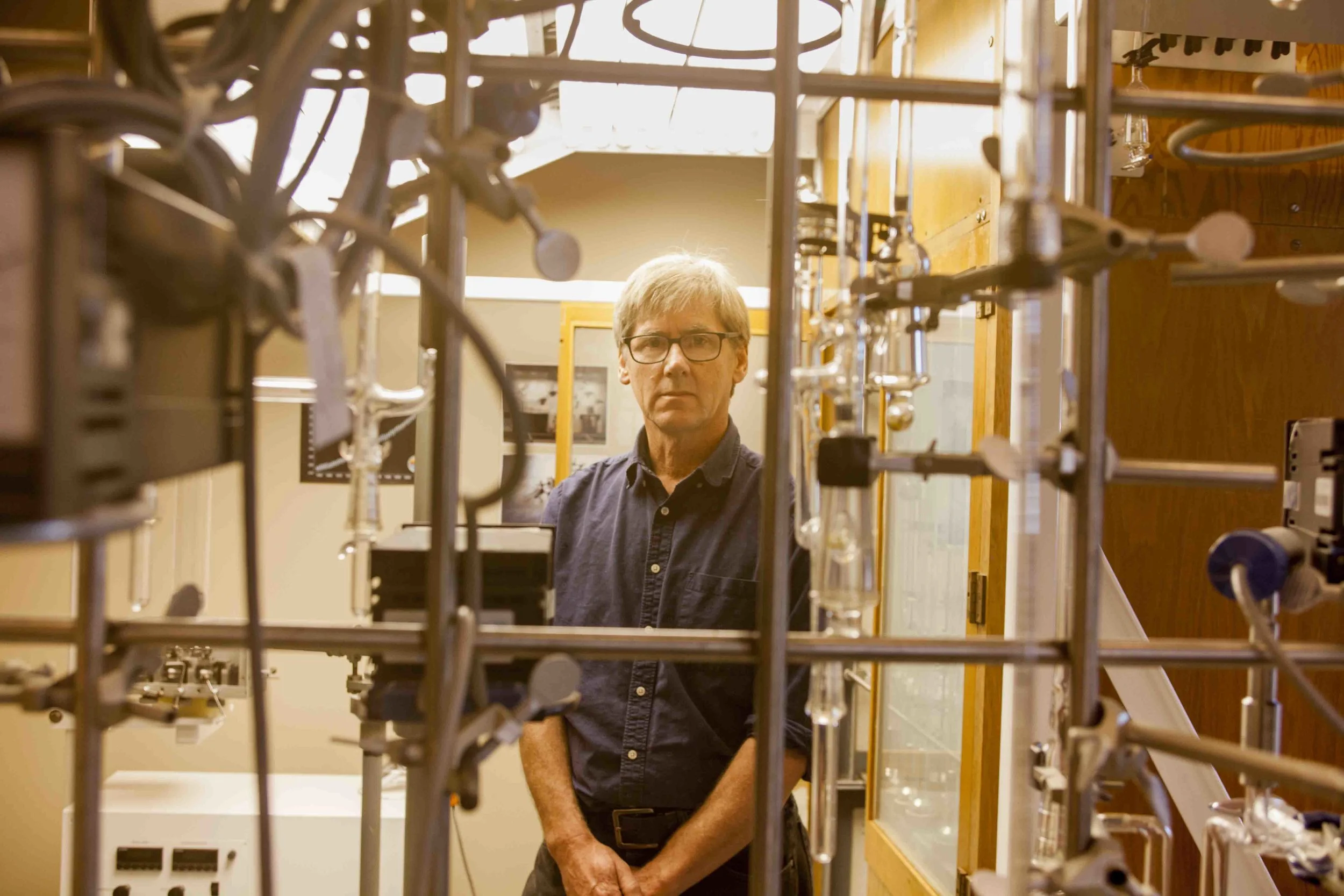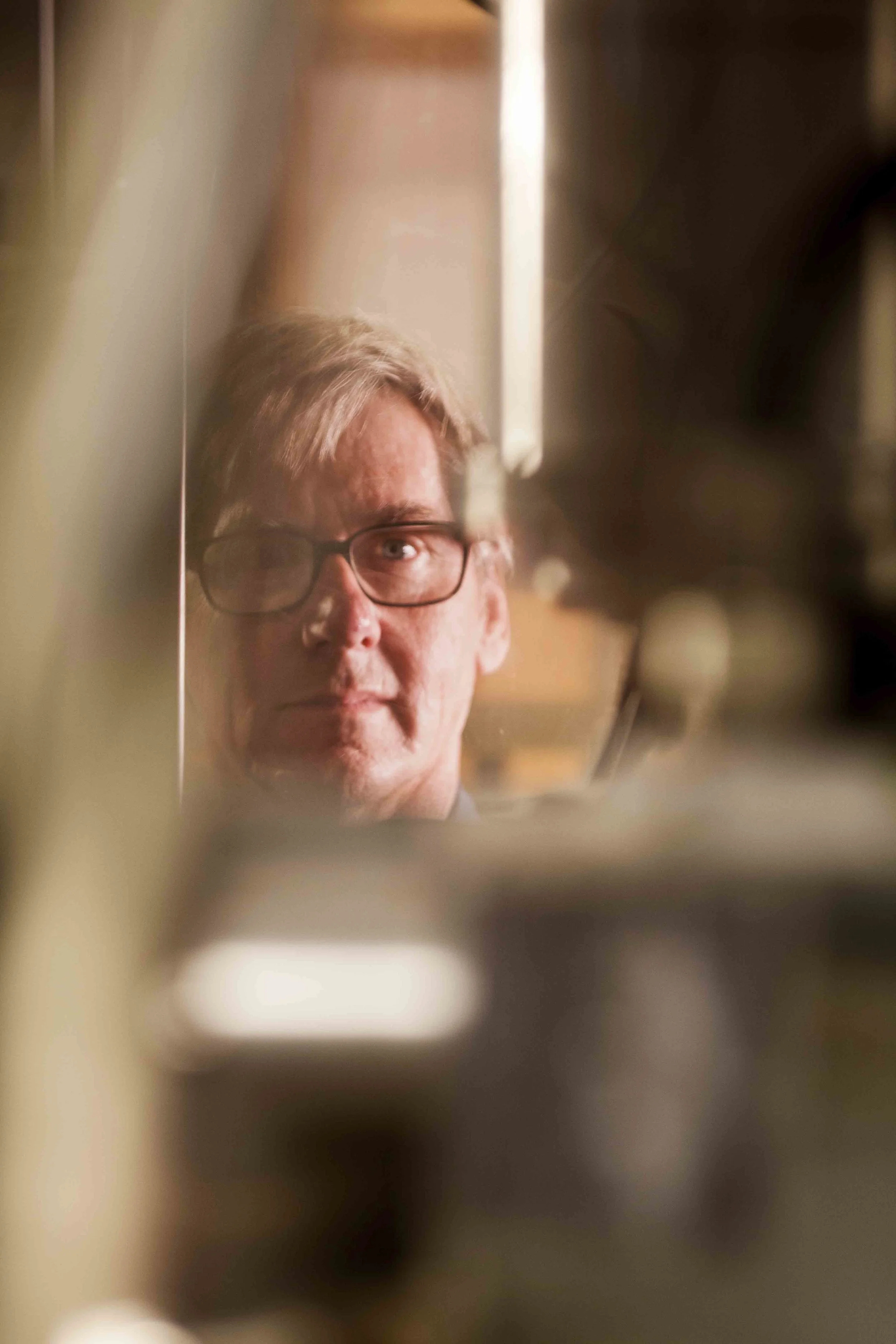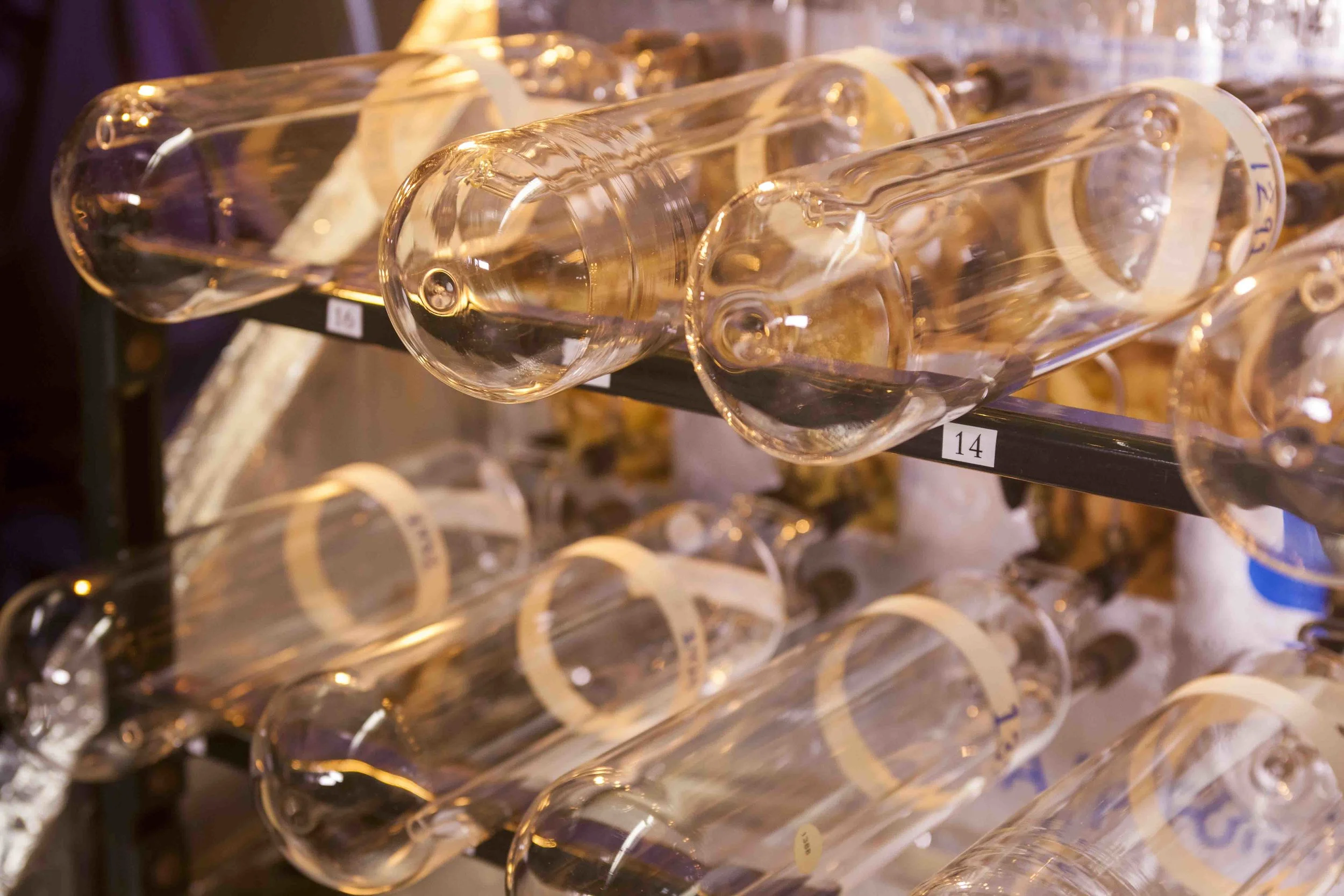How do we listen to Mother Earth to save her?
Scripps Institution of Oceanography’s mission is to seek, teach, and communicate scientific understanding of the oceans, atmosphere, earth and other planets for the benefit of society and the environment. But their scientists, who are on the frontlines, are too often portrayed as ‘technogeeks’ whose work see little recognition or interest from society today.
Our vision is to make their scientists recognized as cultural icons like we see in the film and music industry. The timely research they are contributing as global resources is paramount to our future here on this planet. They are stars in their own right but too few people really know who they are.
Charles David Keeling’s son Ralph Keeling follows in Father’s footsteps continuing the family’s legacy.
In partnership with SIO, we are creating visual content to give their scientists more prominence and encouraging these scientists to take this opportunity to share their accomplishments. We are pictorializing the works of great scientific minds and presenting their complex stories in a simple way for mass consumption. In essence we are documenting them documenting our future.
Todd Martz – Exploring new methods and technologies for measuring dissolved carbon dioxide in the ocean and adapting these techniques for use on autonomous instrumentation, such as oceanic floats and moorings.
Ralph Keeling – Focus is on atmospheric composition, the carbon cycle, and climate change. He is considered a leading investigator of the global oxygen cycle for his precise measurements and analysis techniques. Keeling developed his method for measuring atmospheric oxygen levels utilizing interferometry techniques in the laboratory. He began pioneering measurements of changes in atmospheric oxygen levels from air samples collected at stations around the world.
Jules Jaffee – Research interests are broadly concerned with the use of new technology for observing oceanic phenomena and the development of inverse techniques for their interpretation. His research has focused primarily on ocean ecology; he has also worked in biomedical applications. In the realm of ocean ecology, several acoustic systems invented by Jaffe resulted in the first ever behavioral observations of zooplankton in situ.
Michael McClune – Principal Development Engineer (Director)




